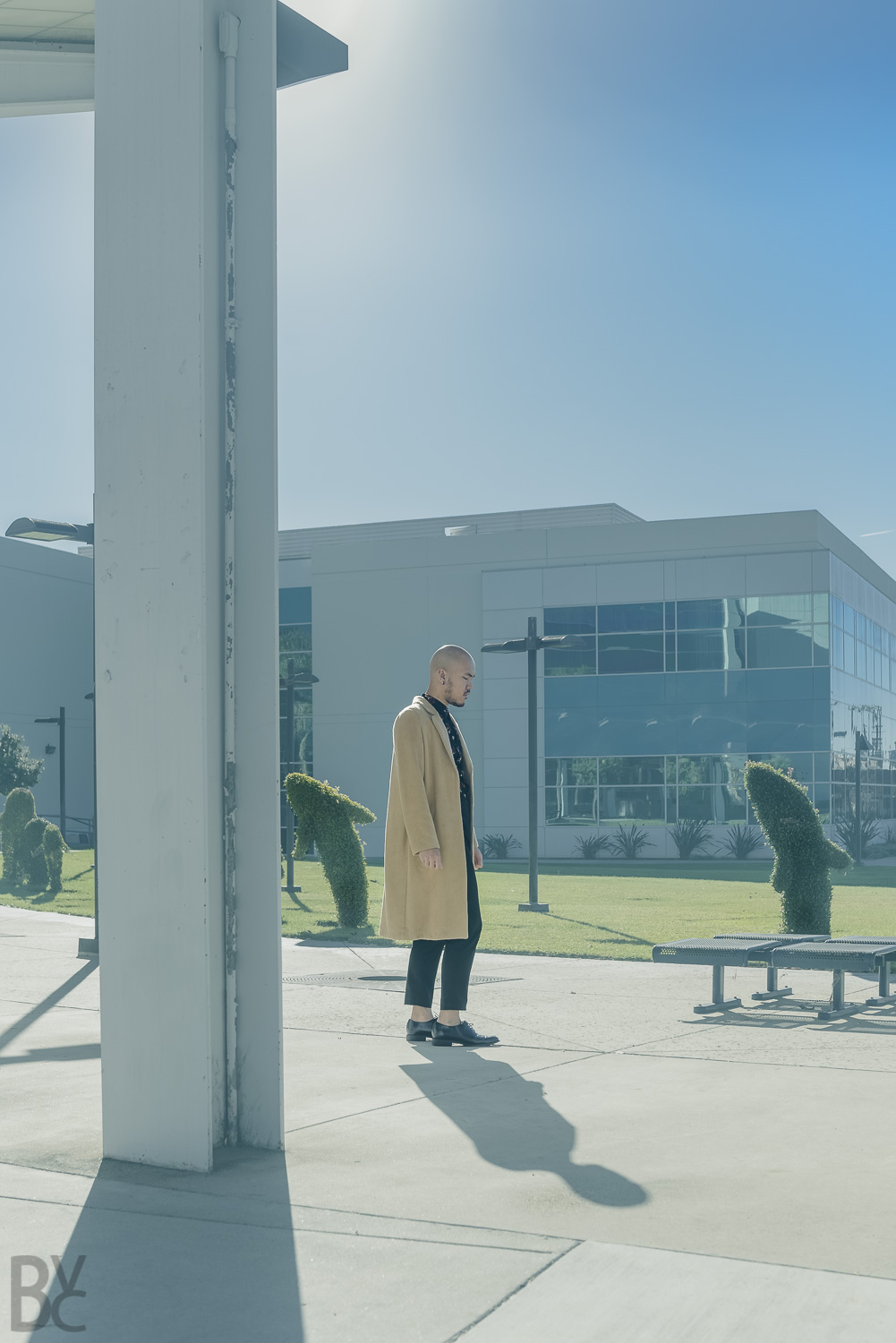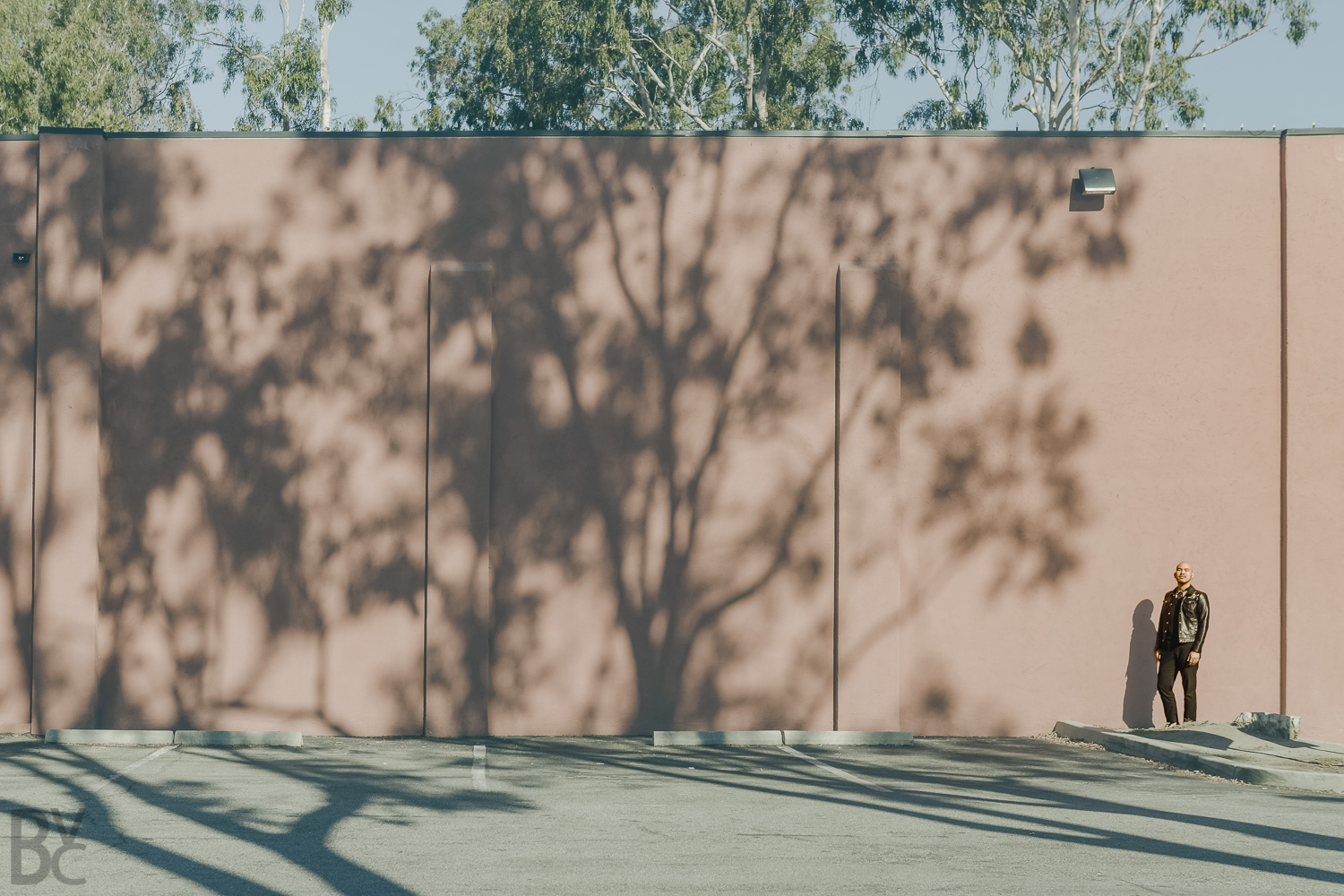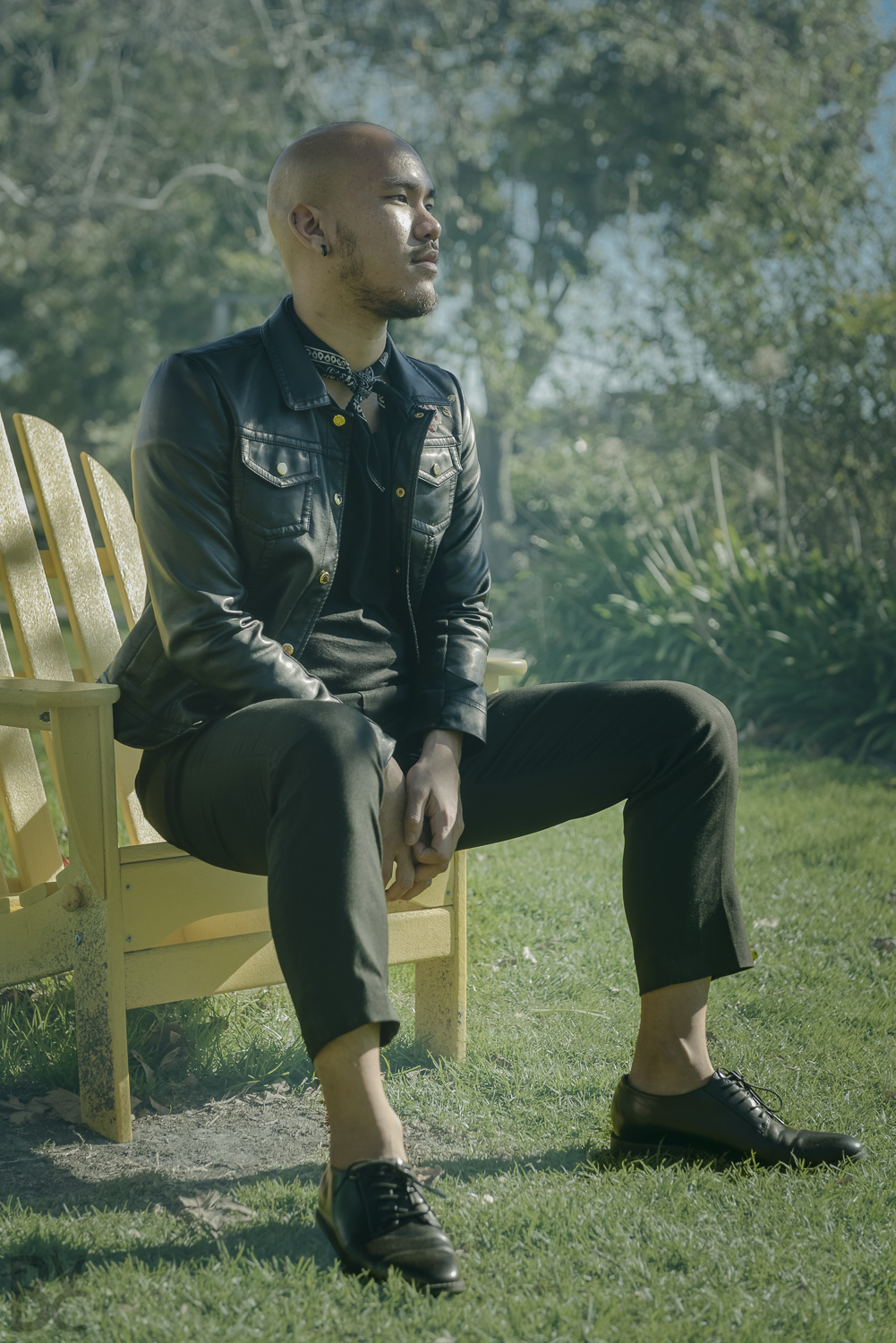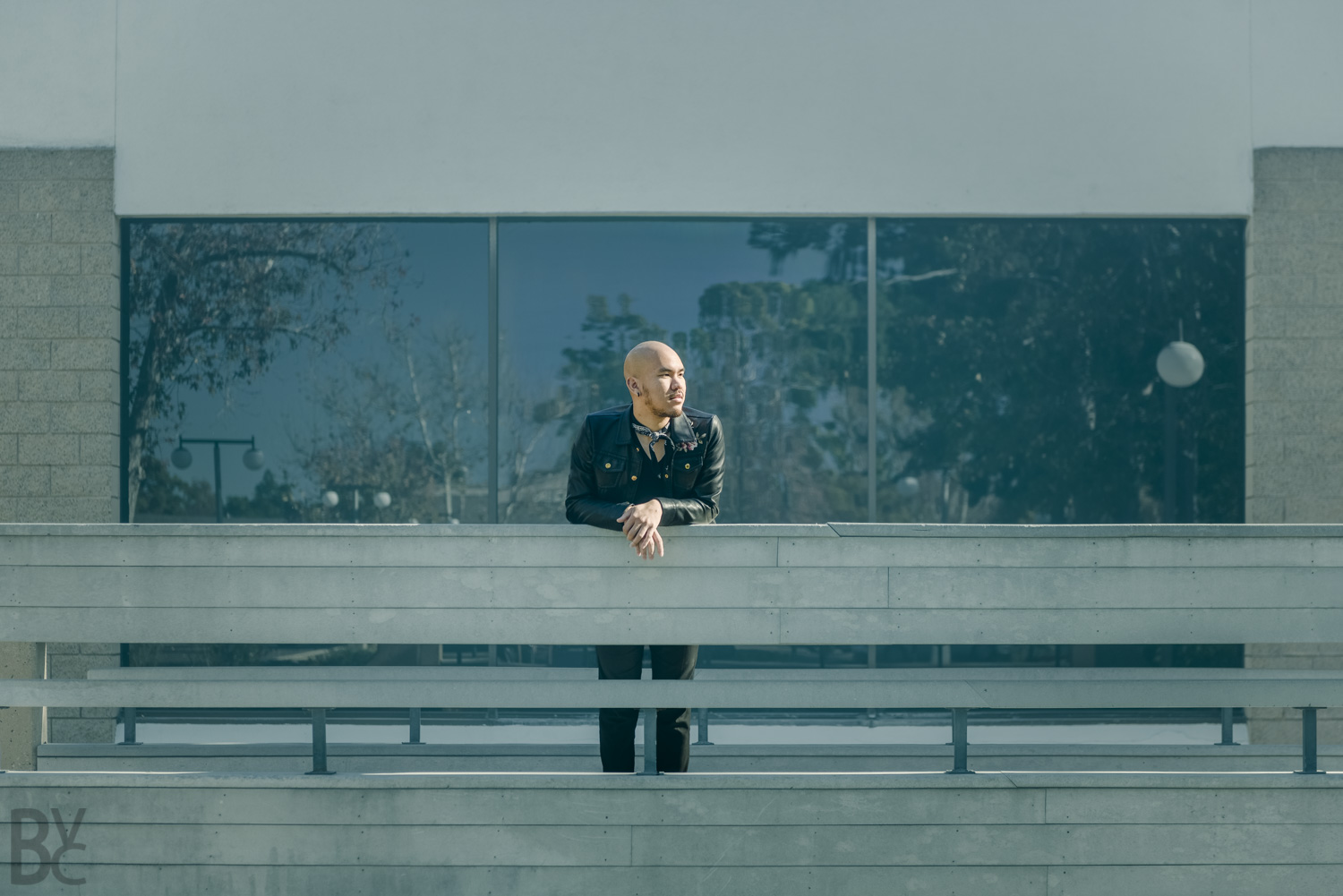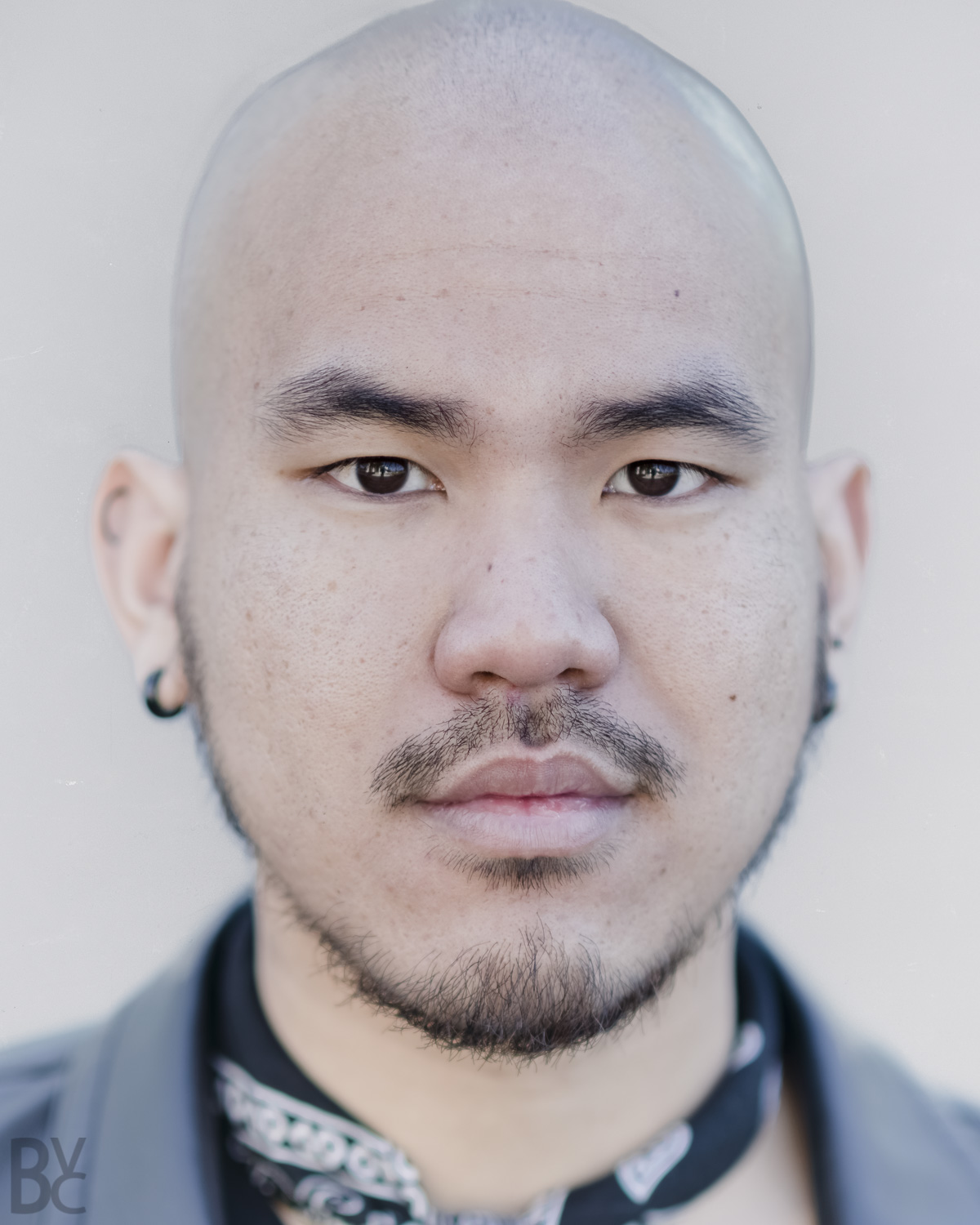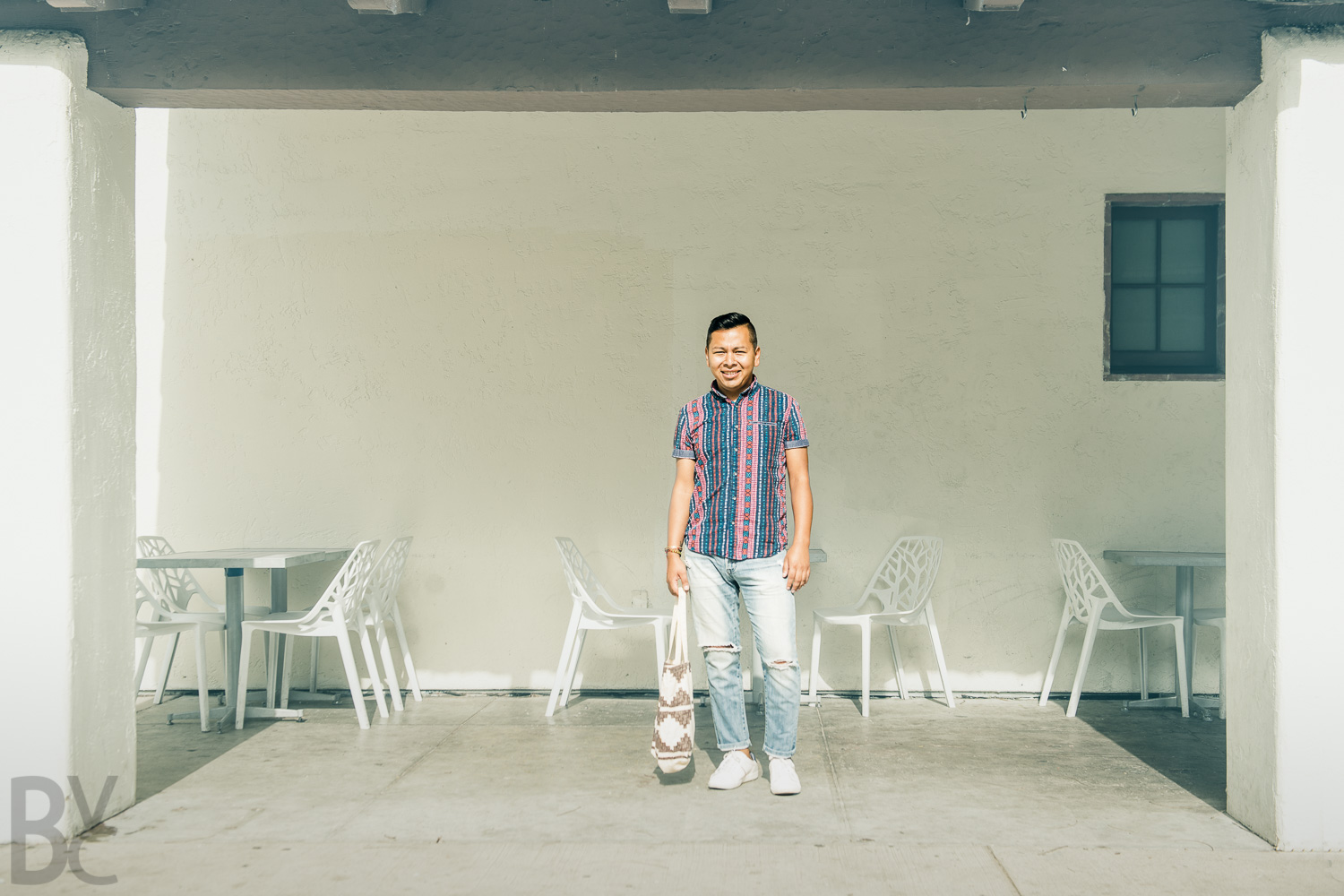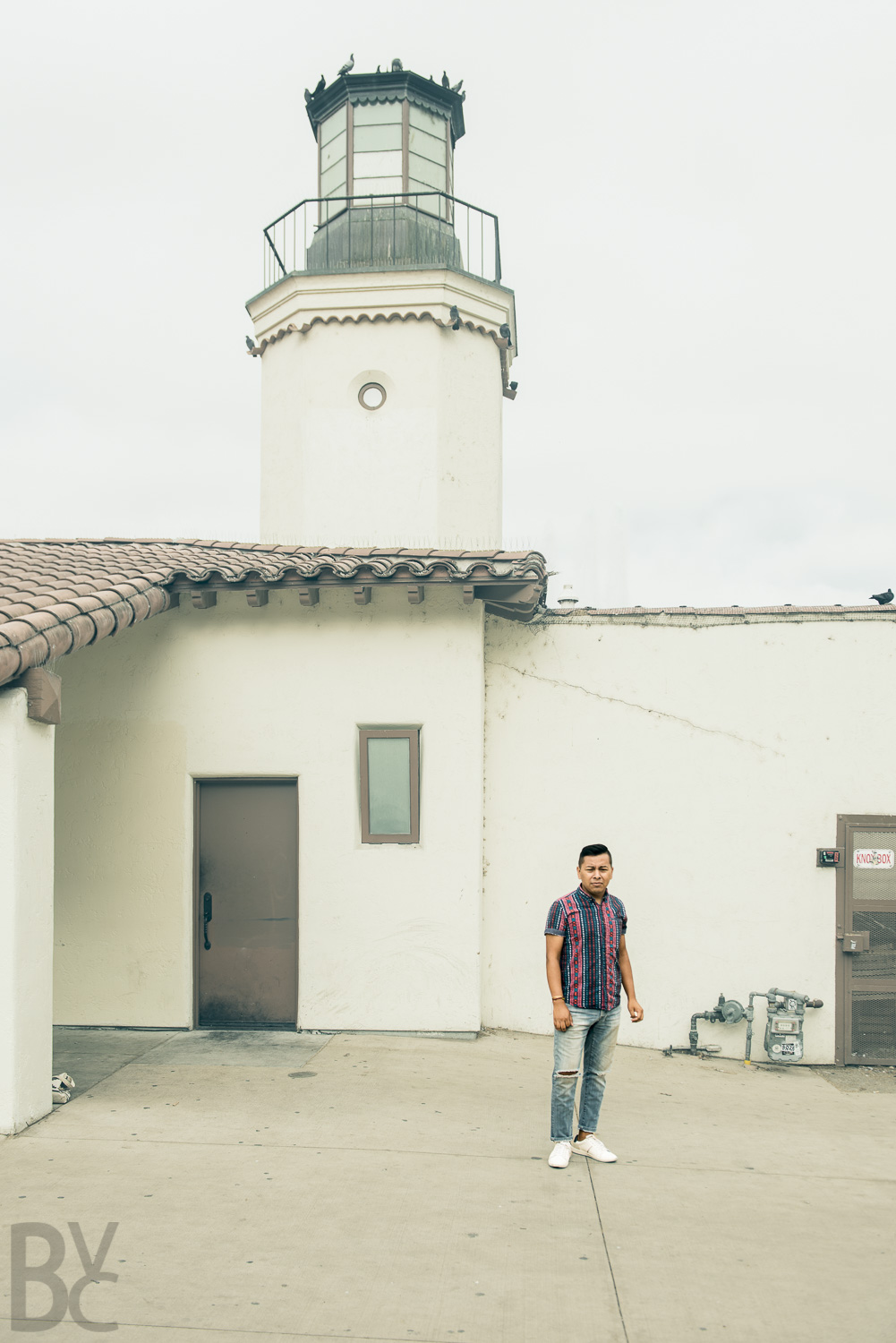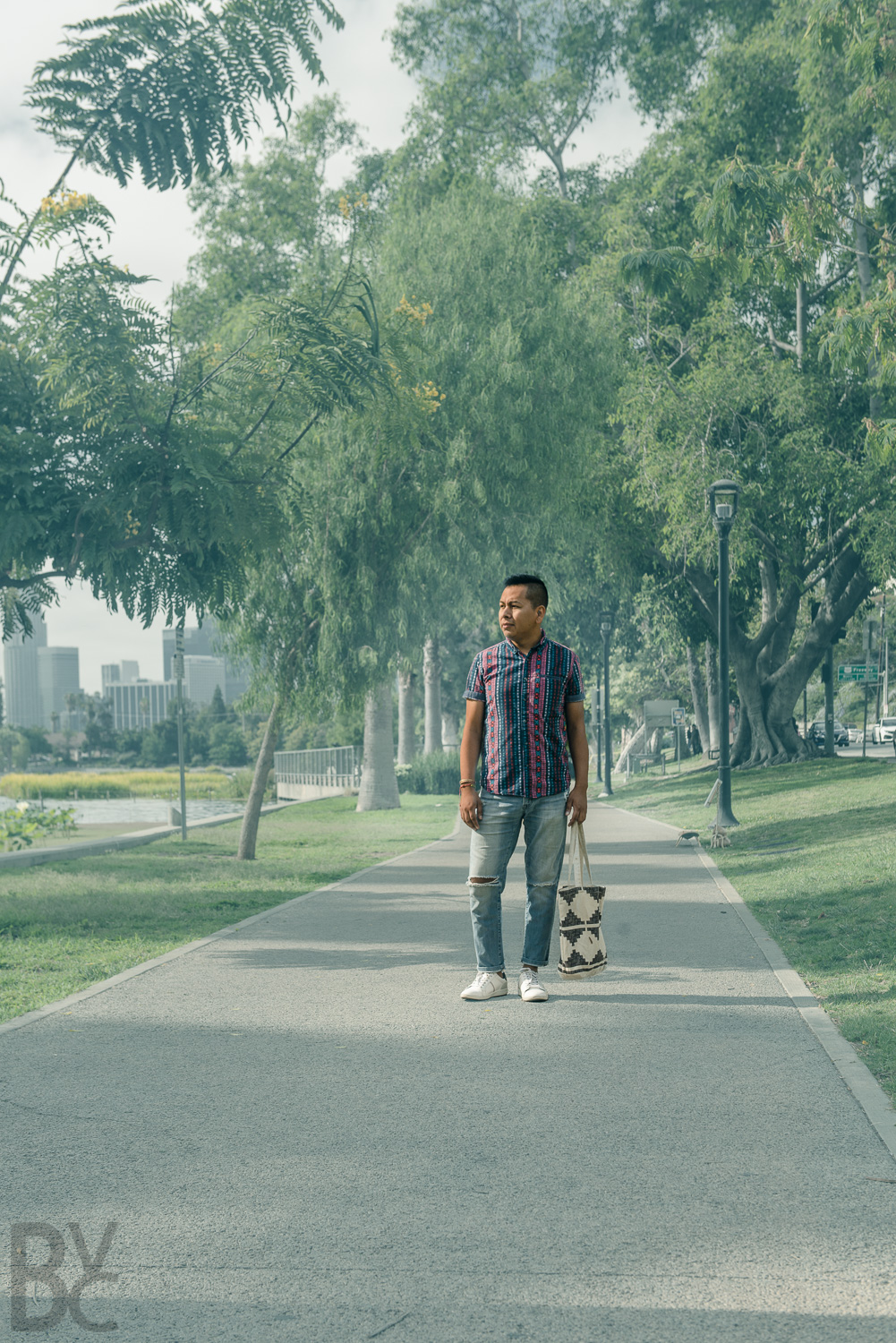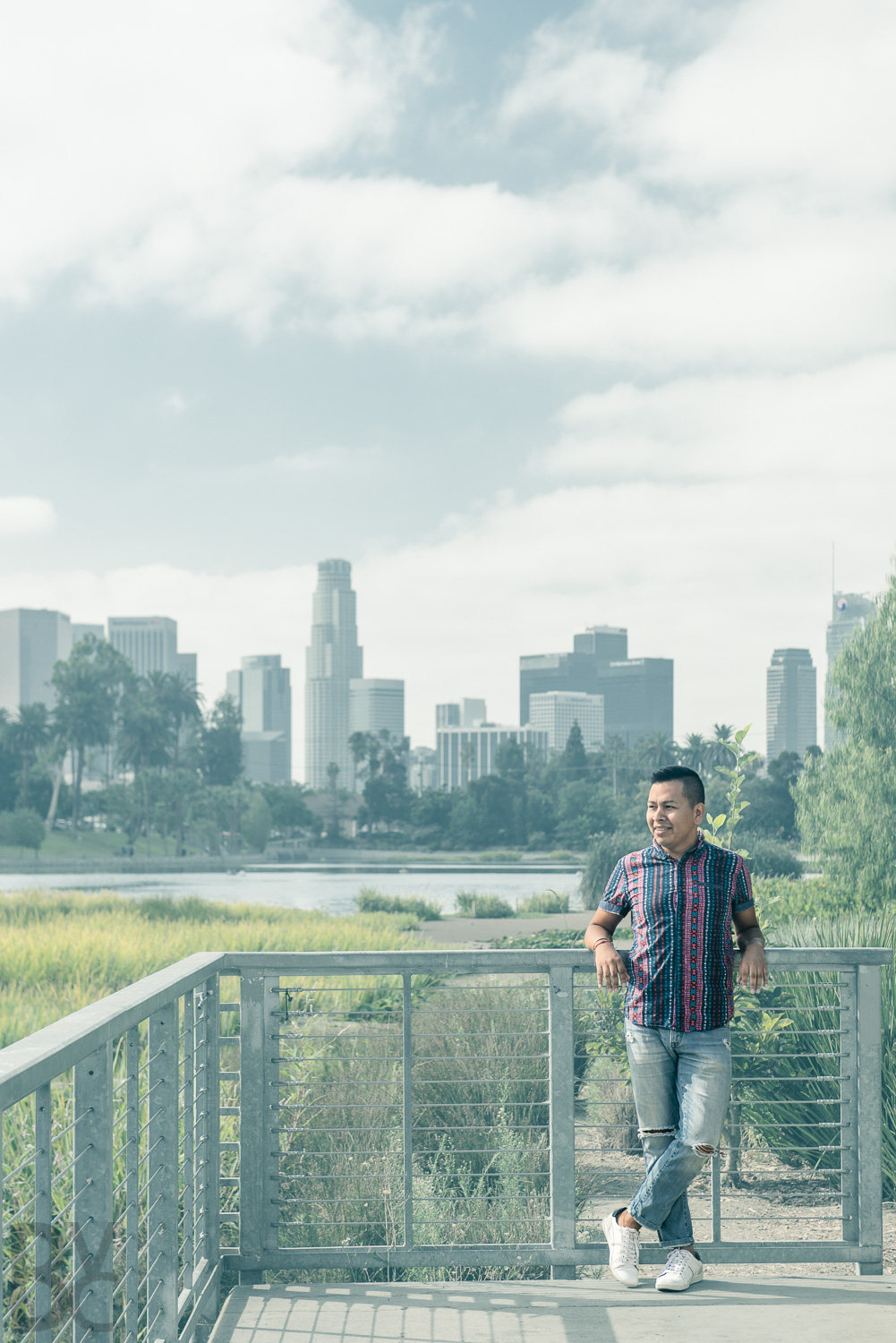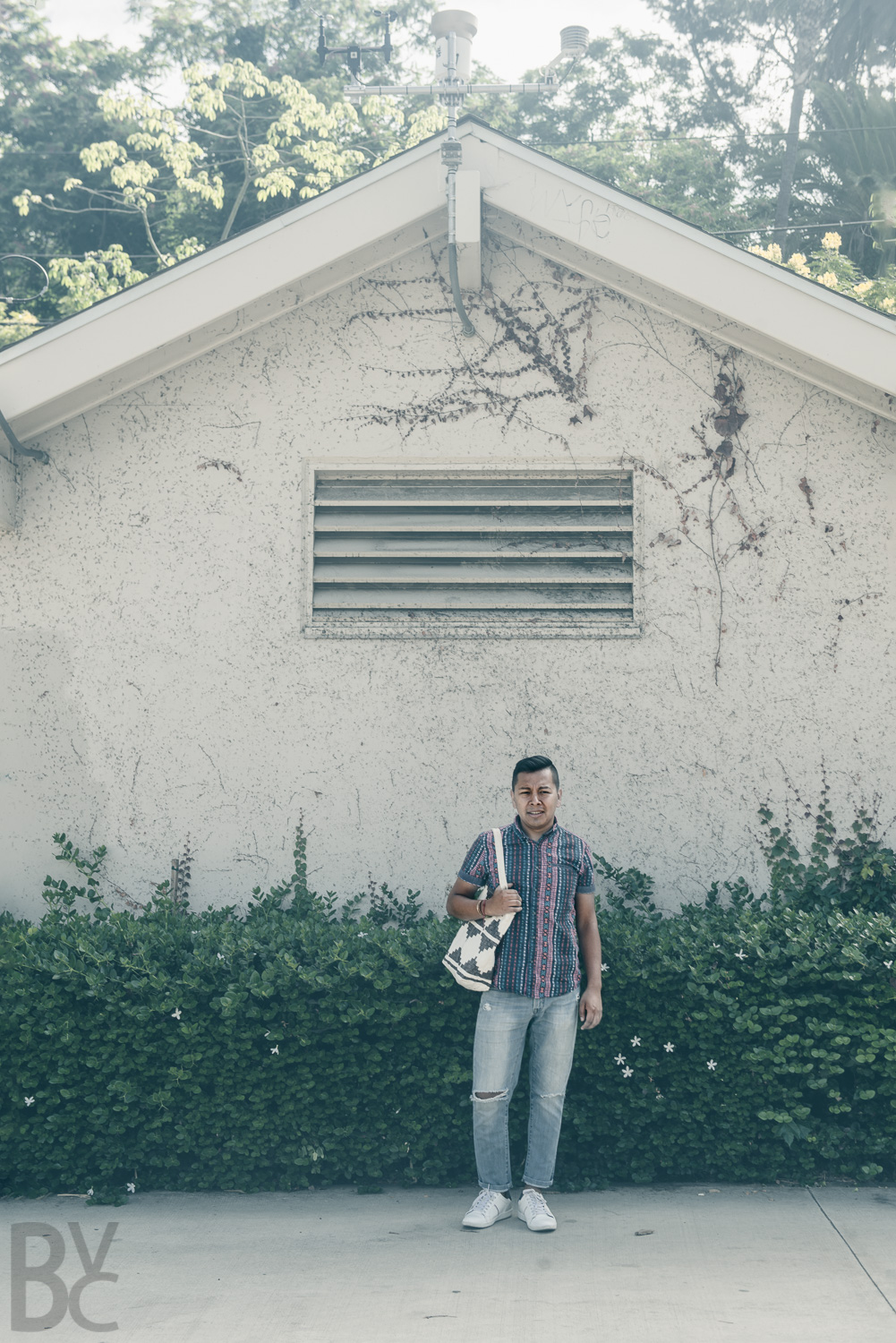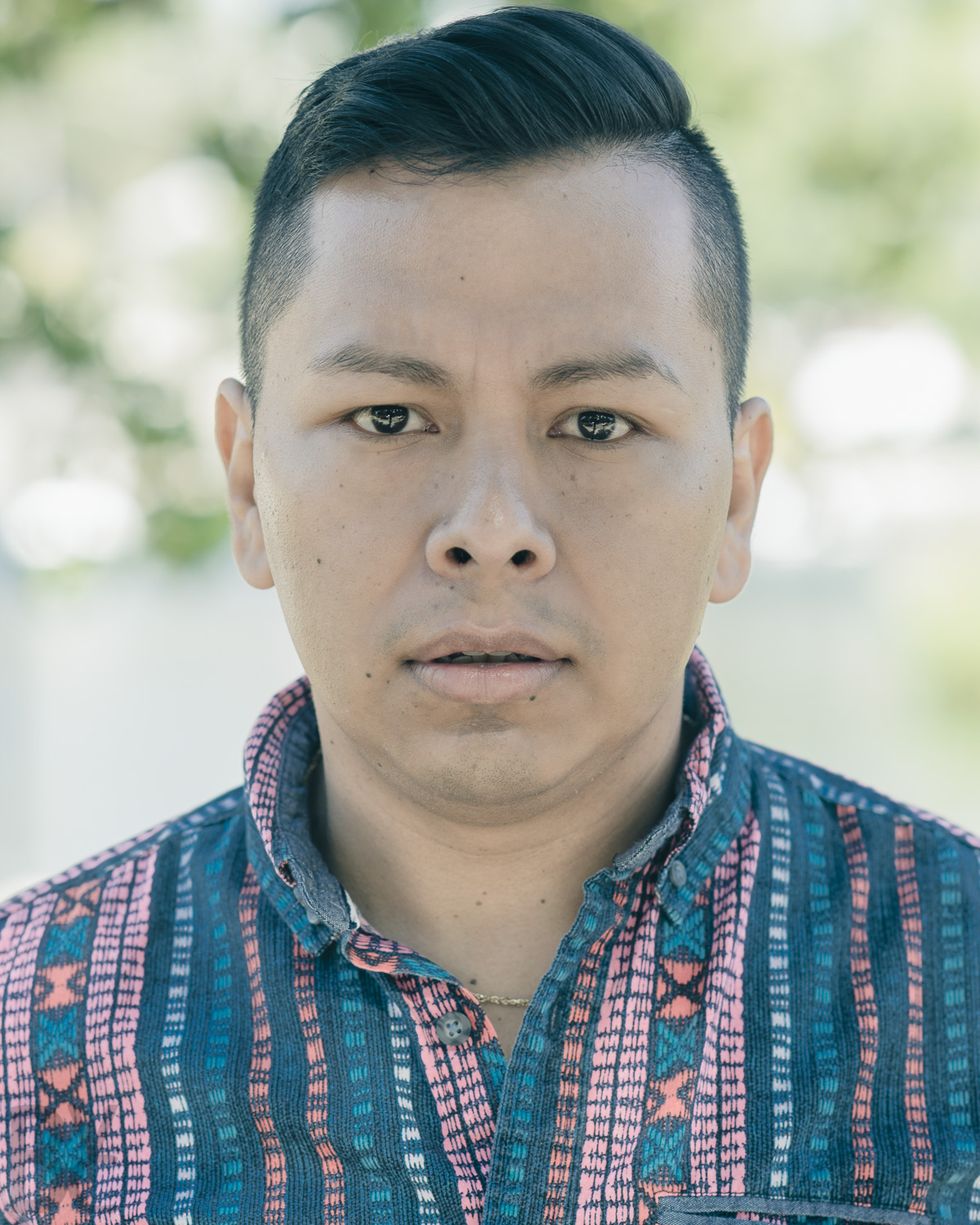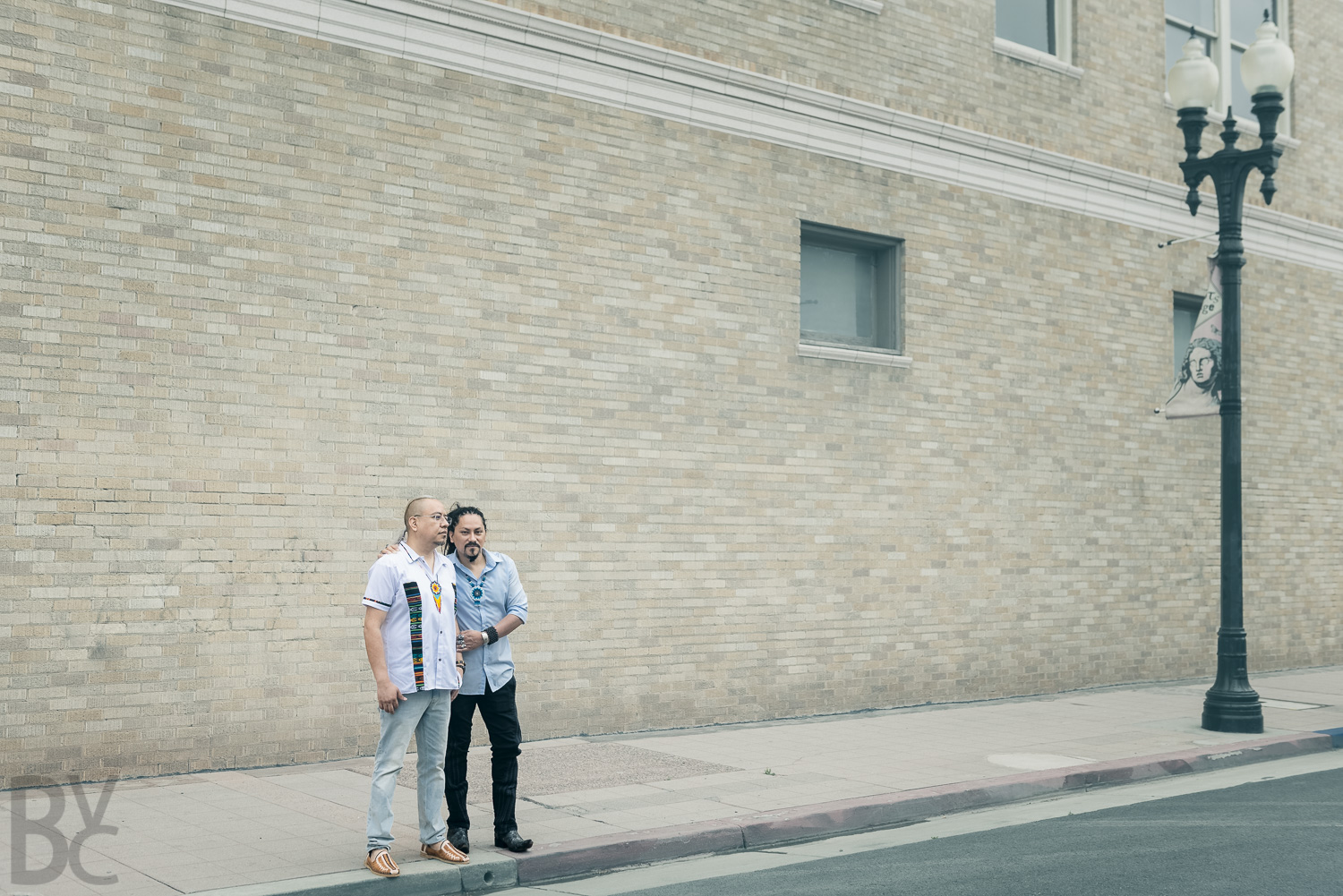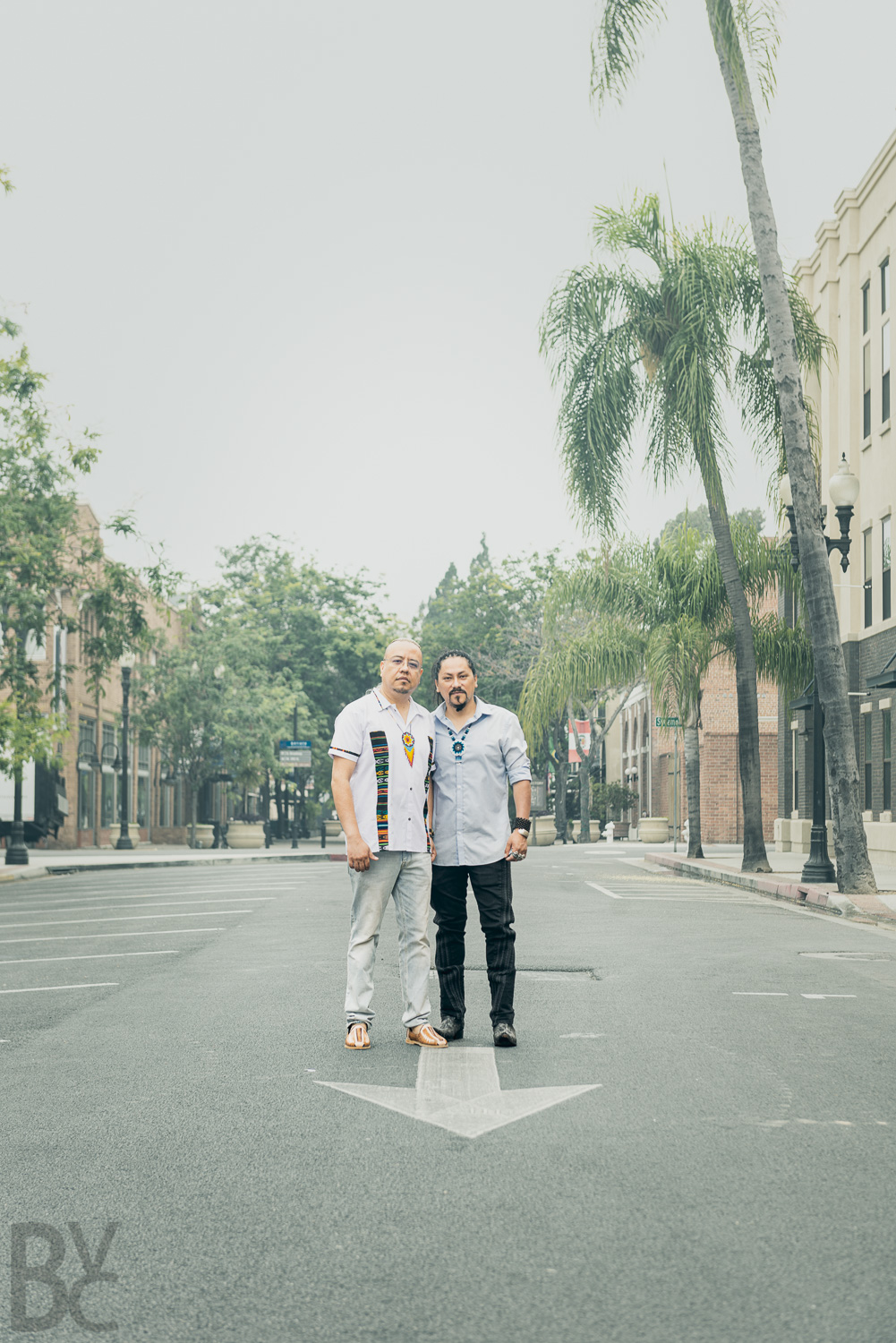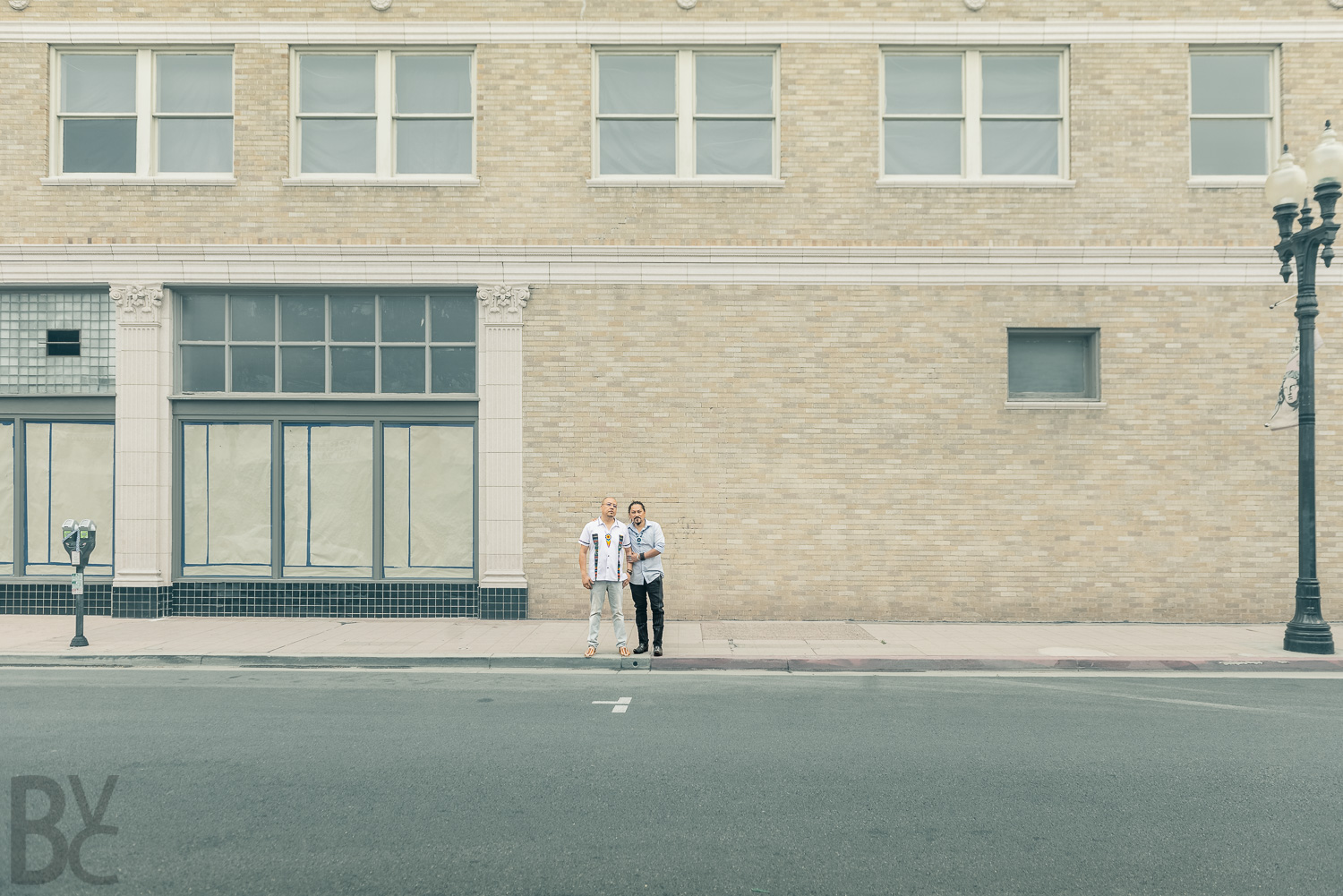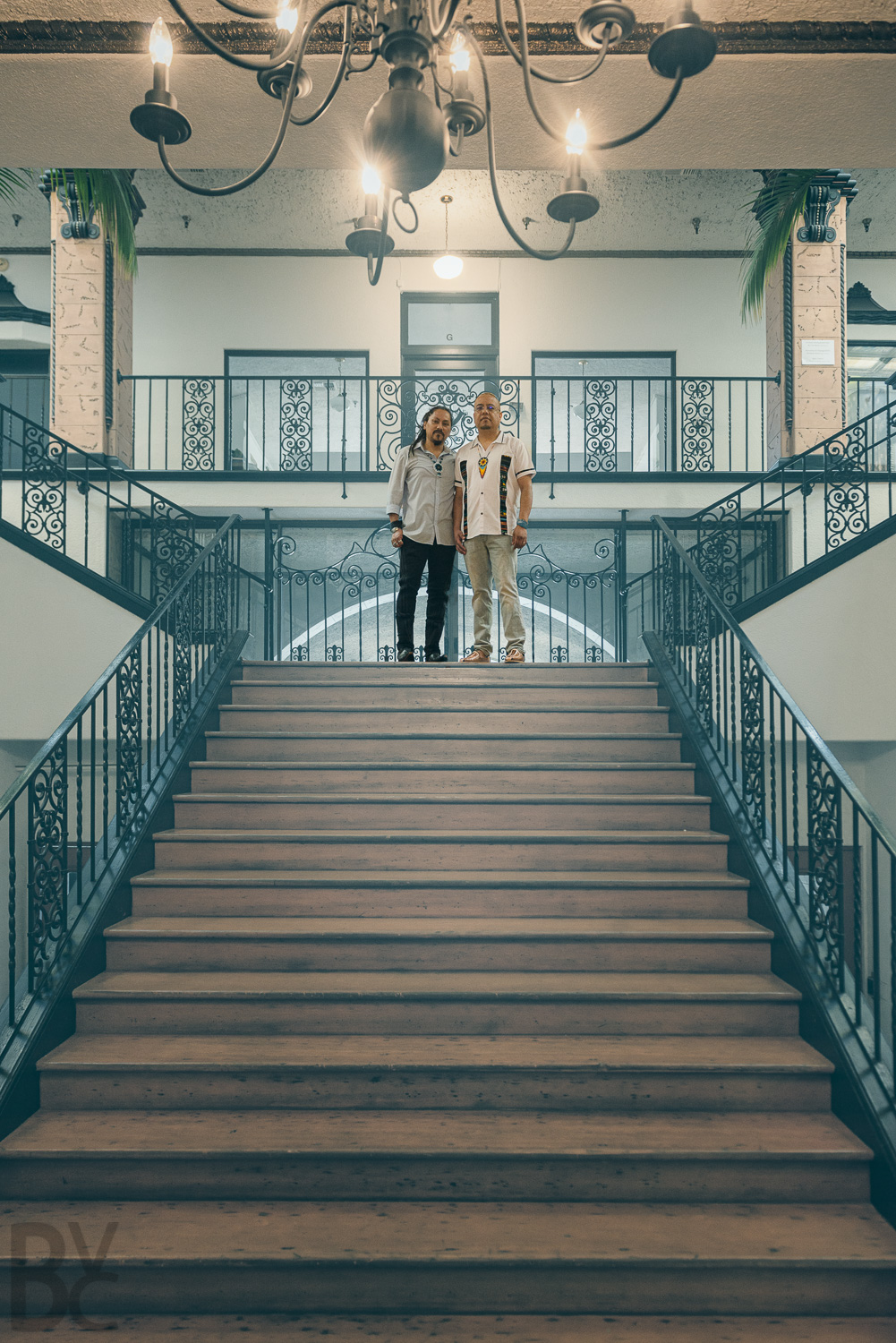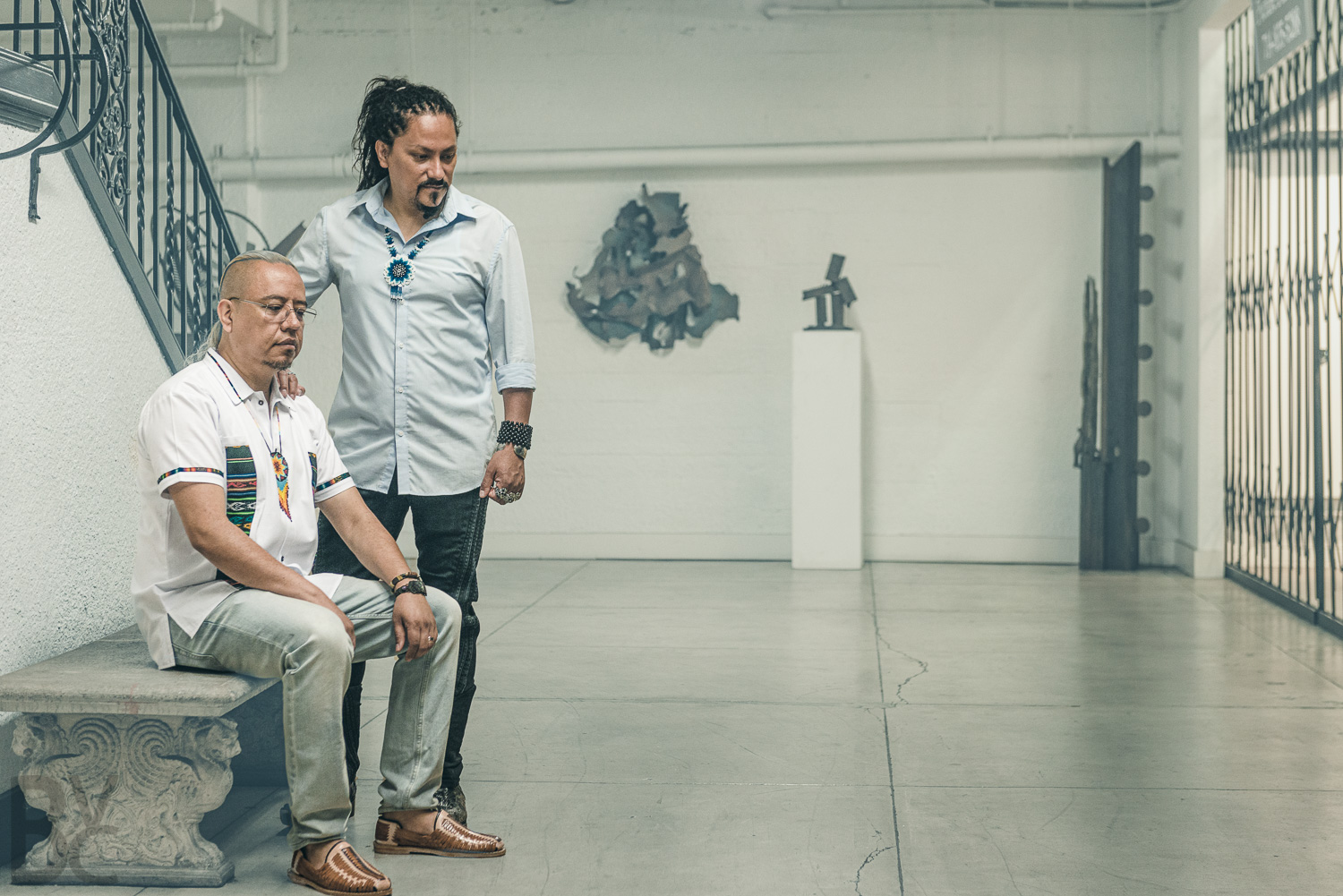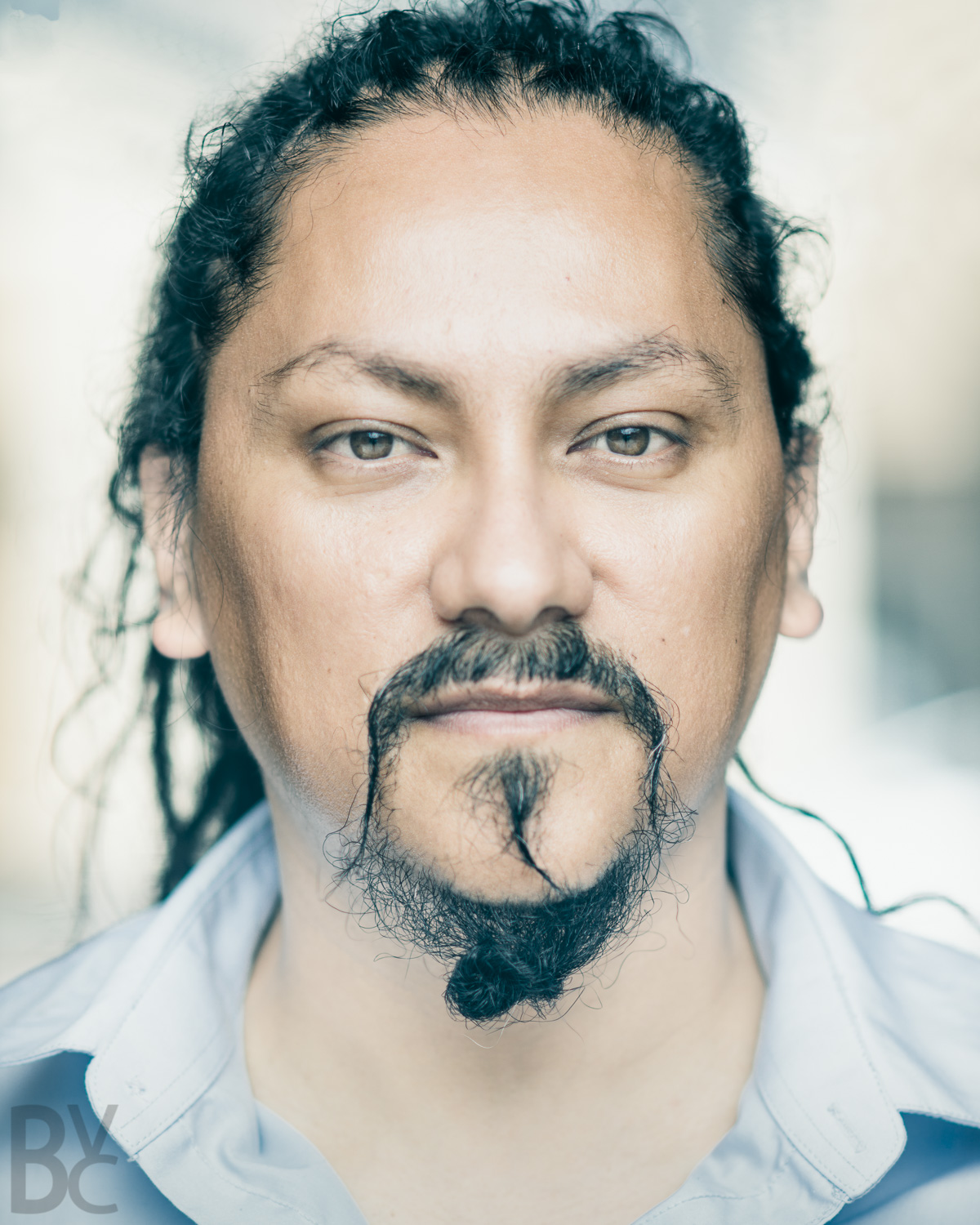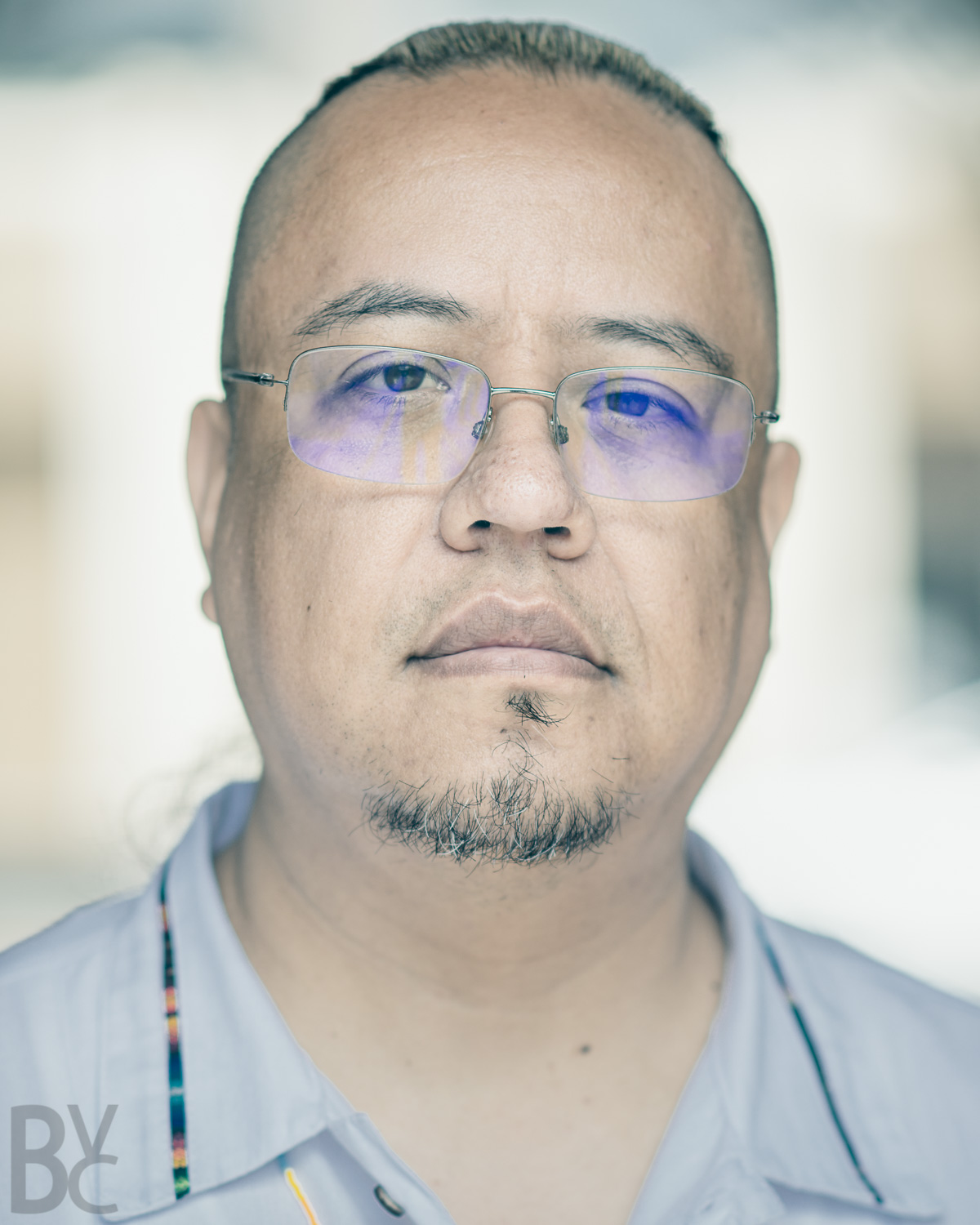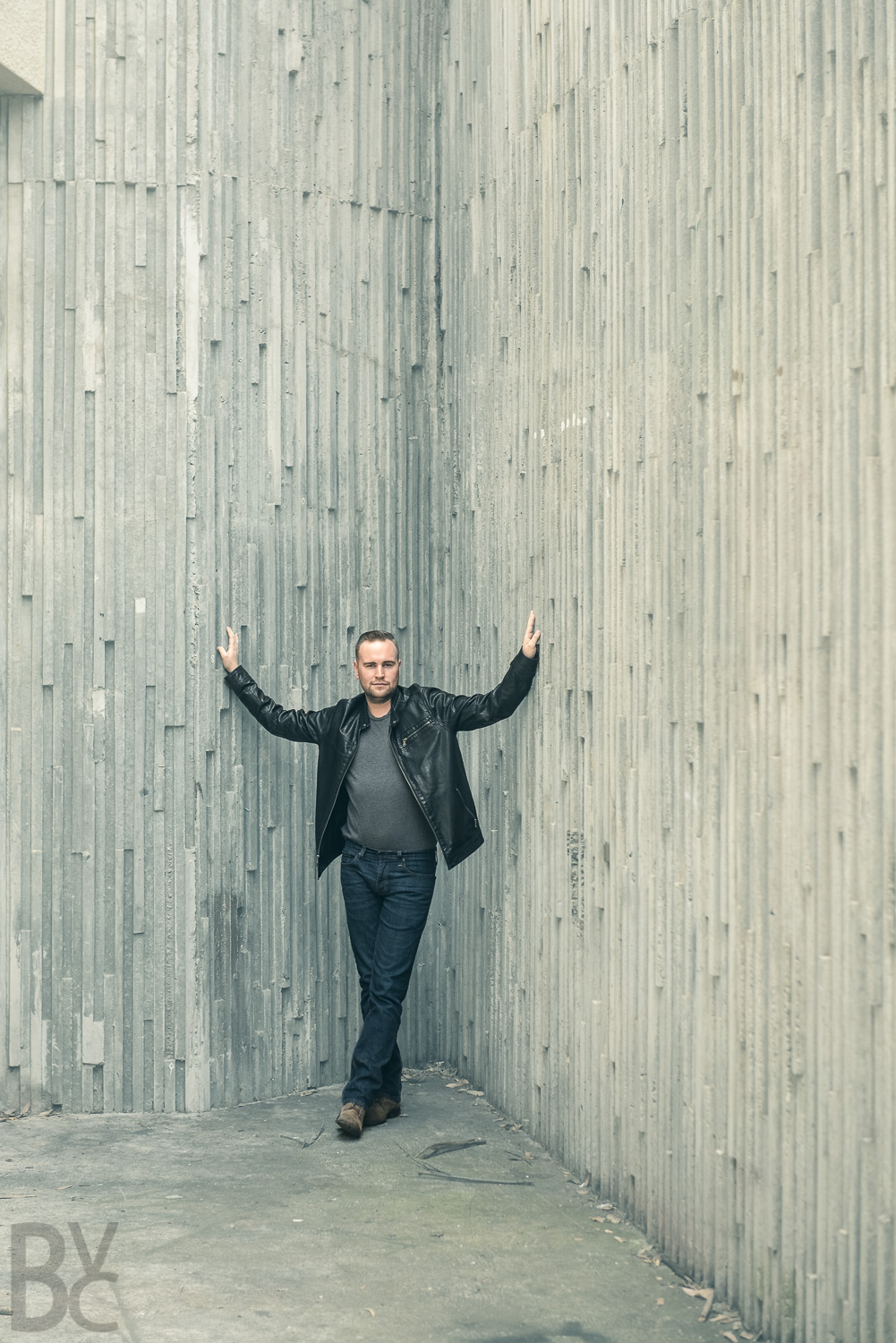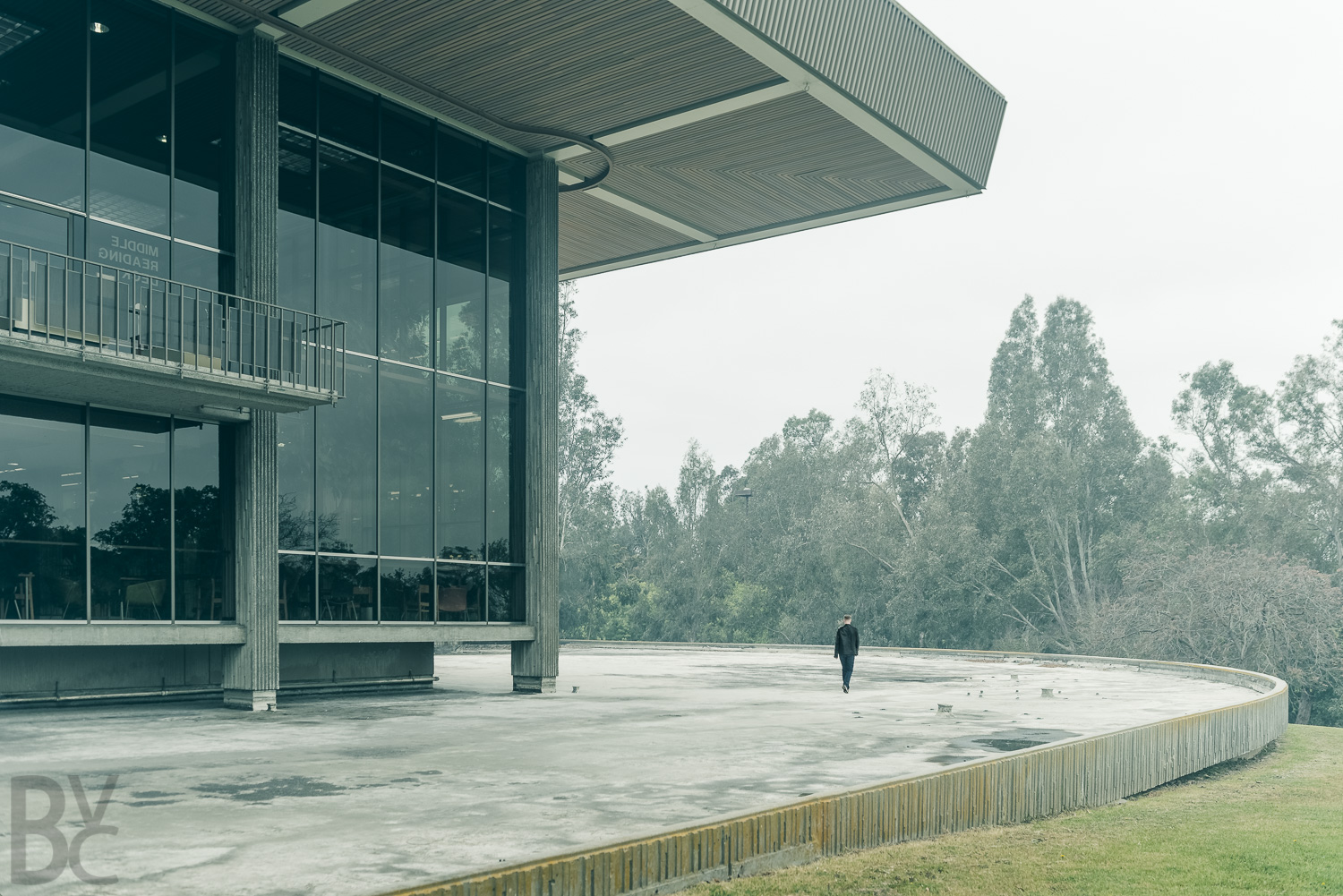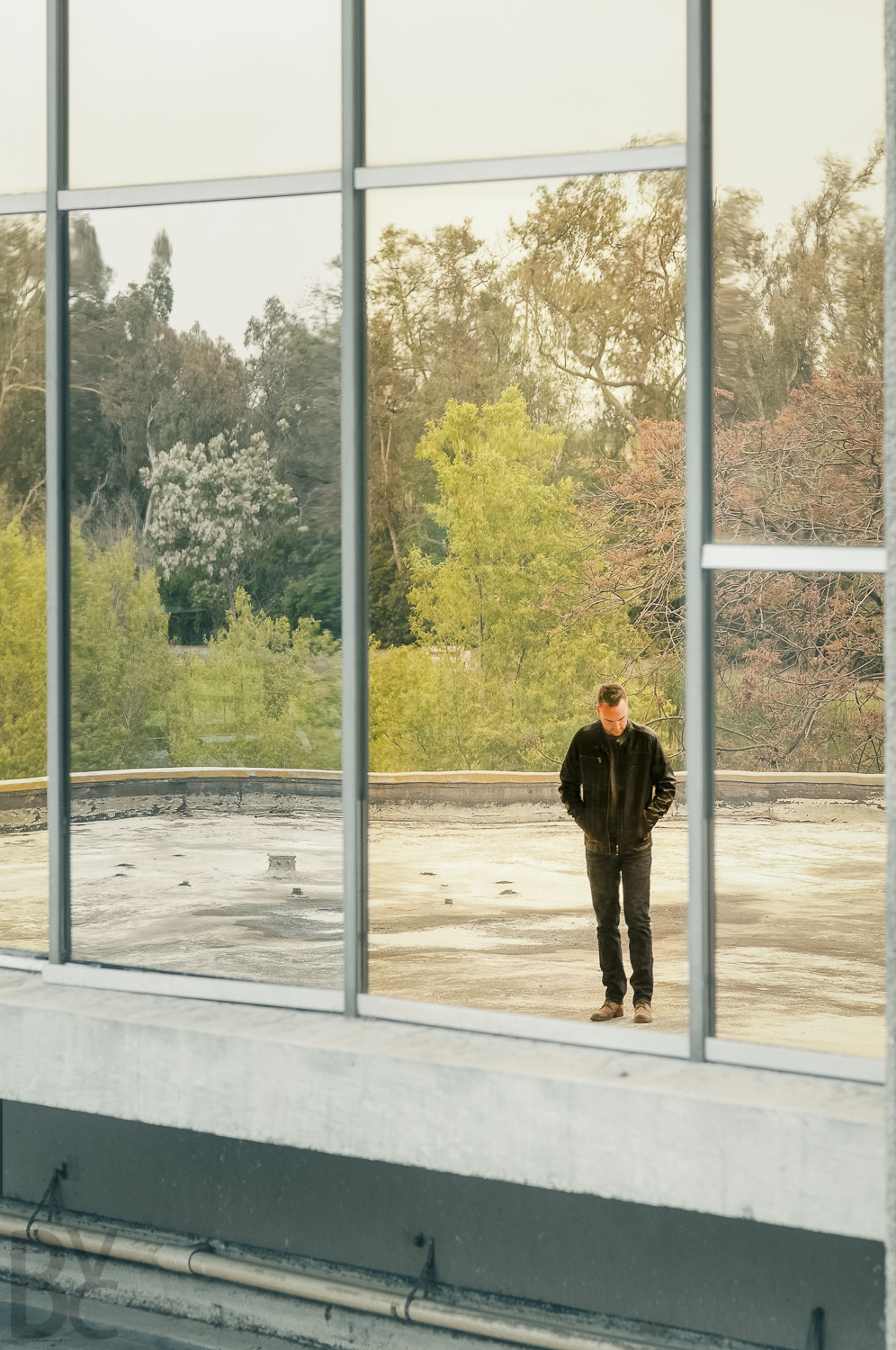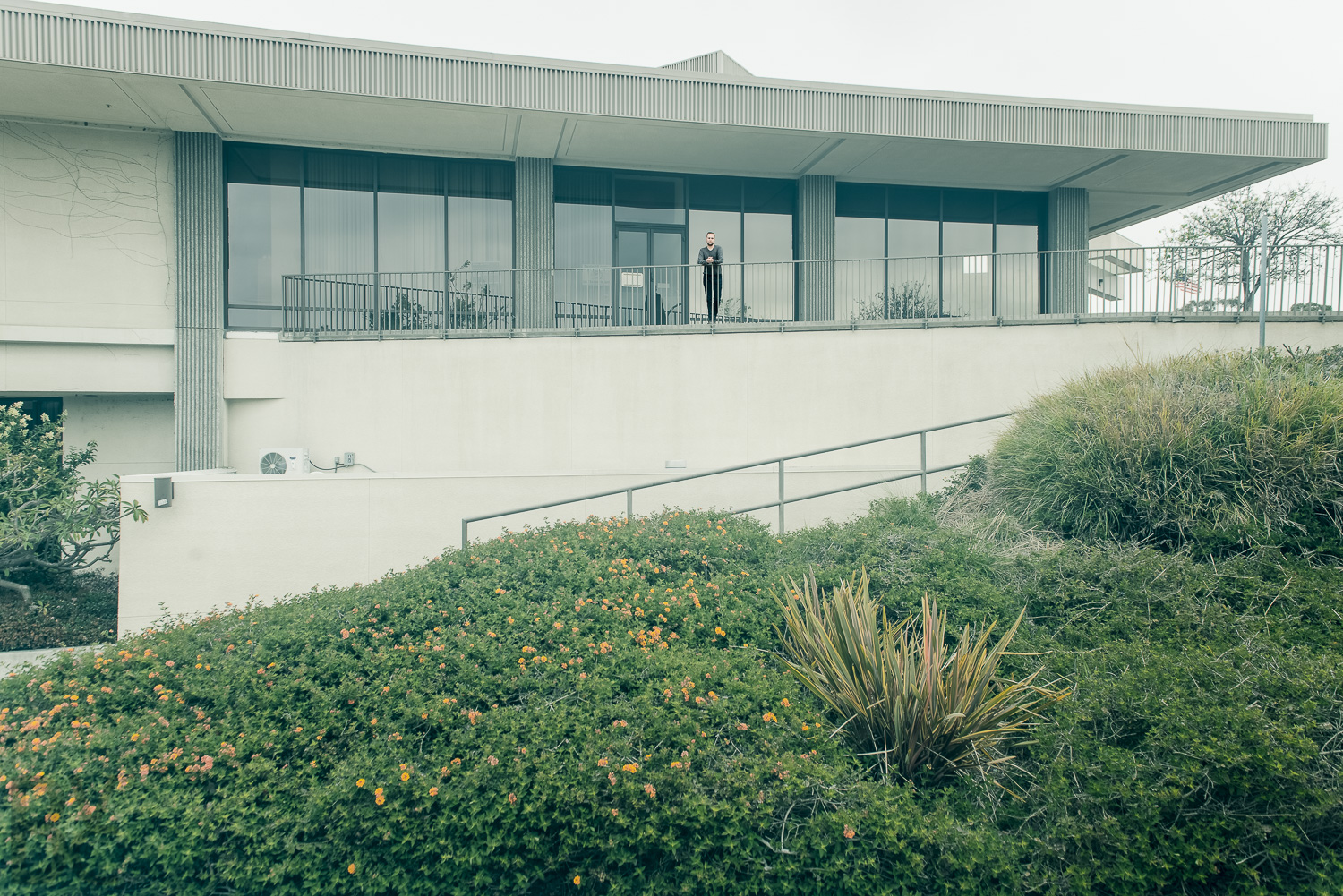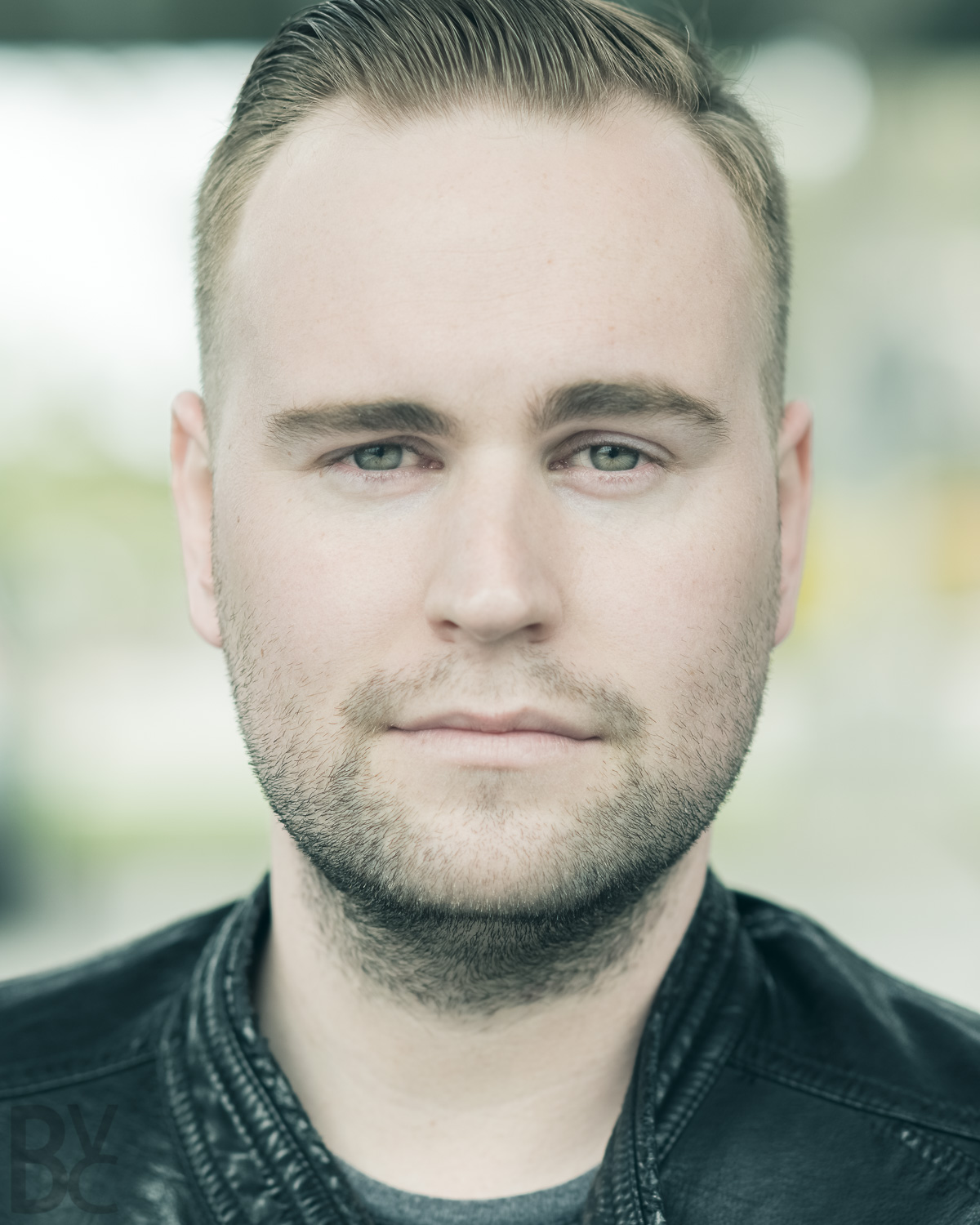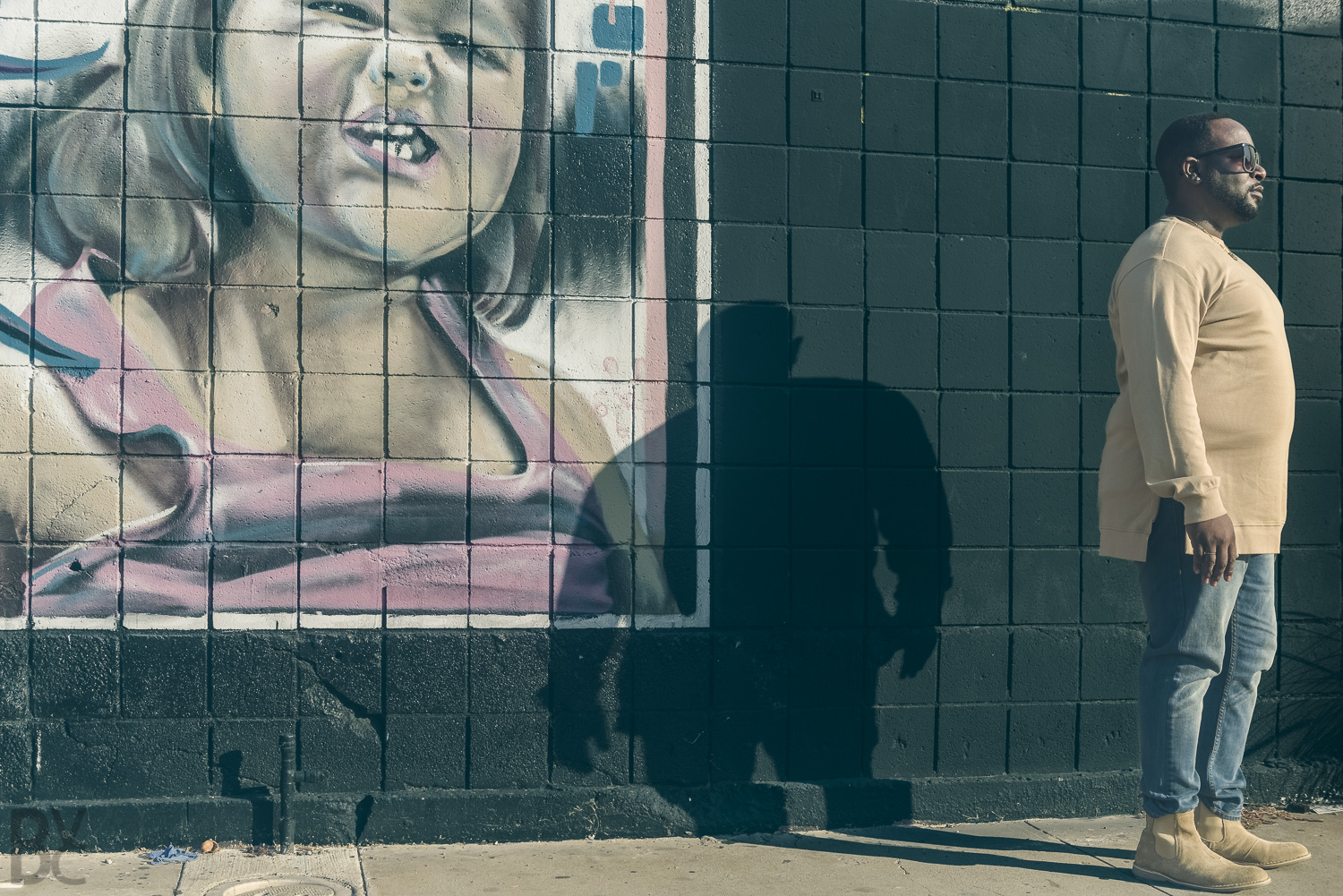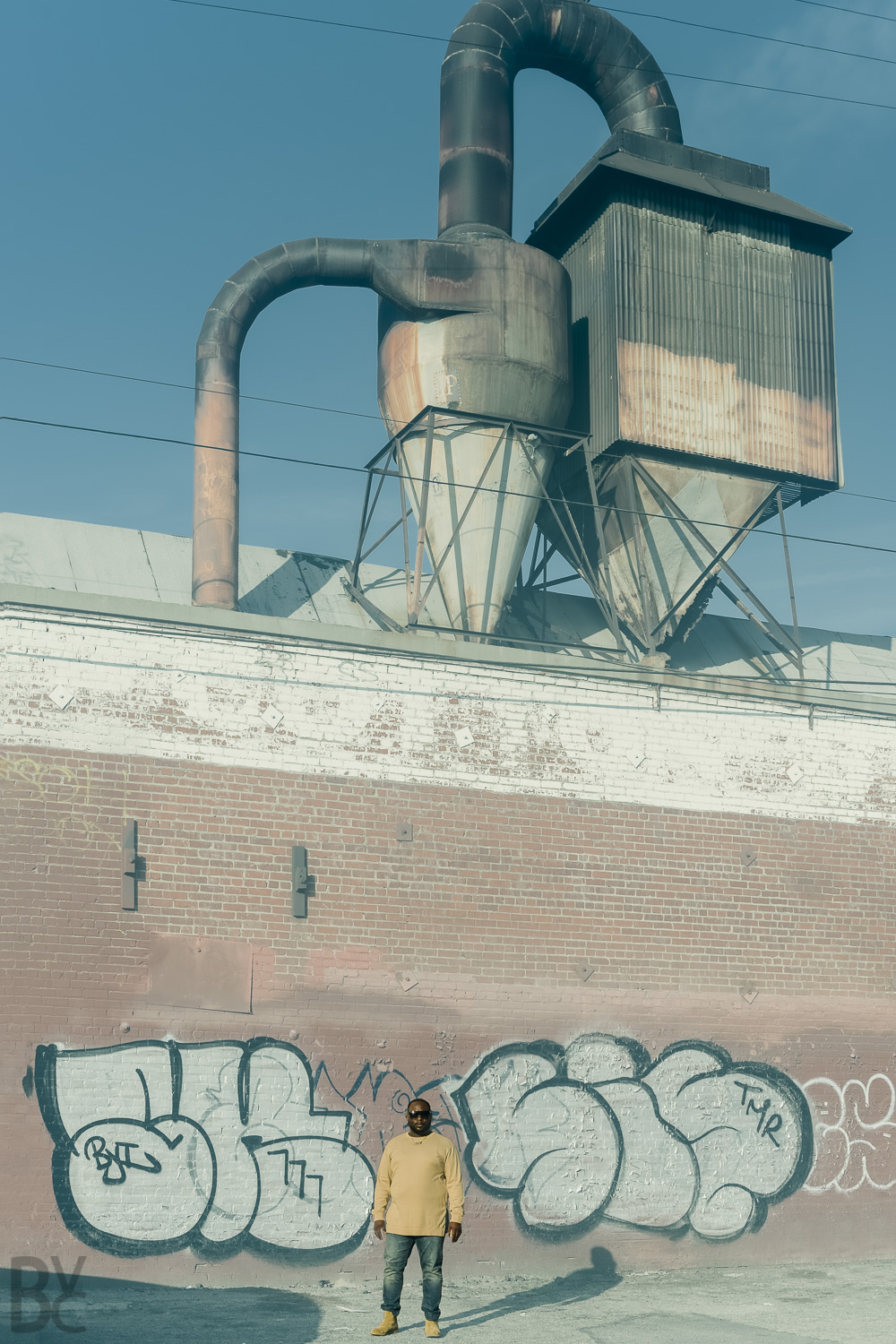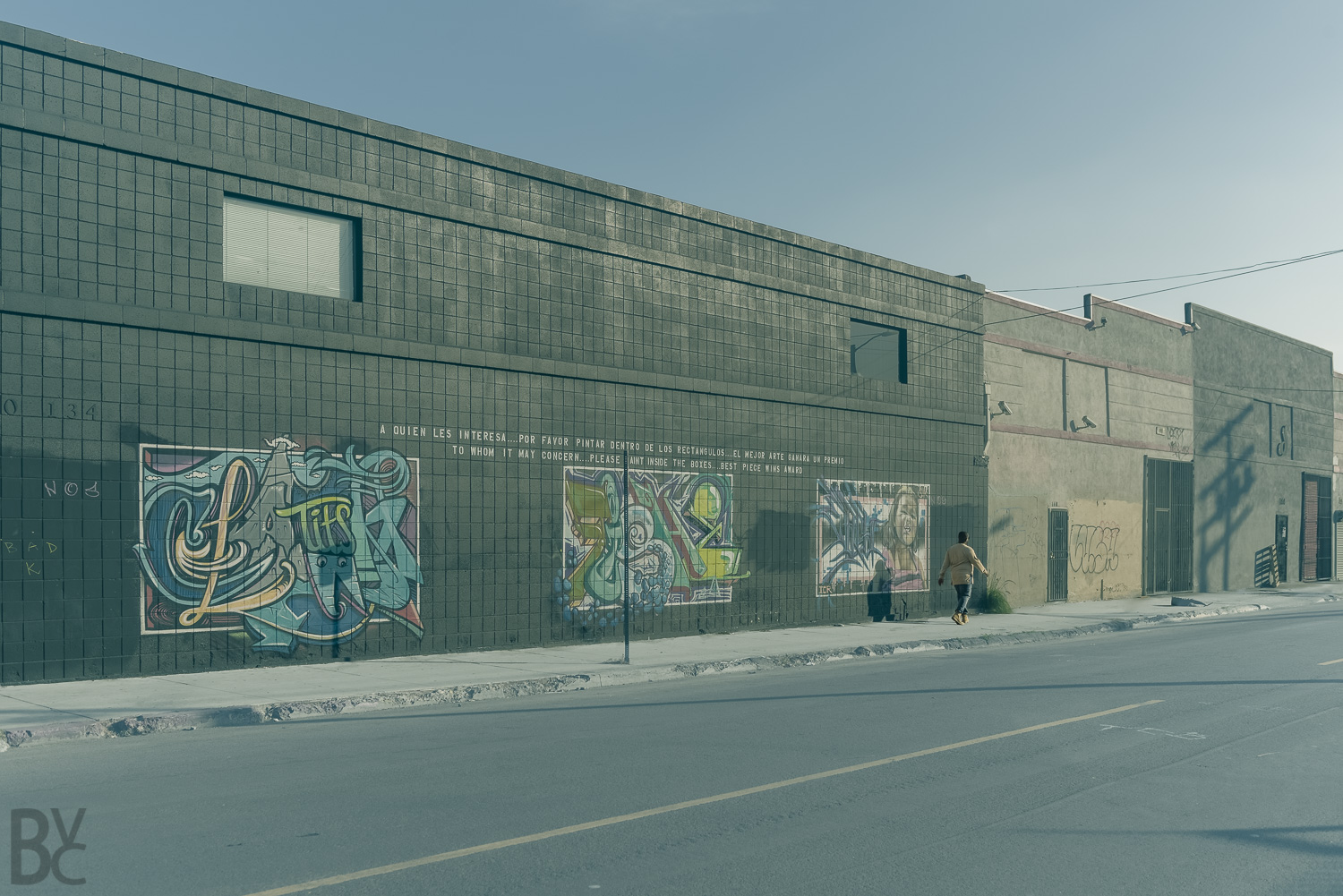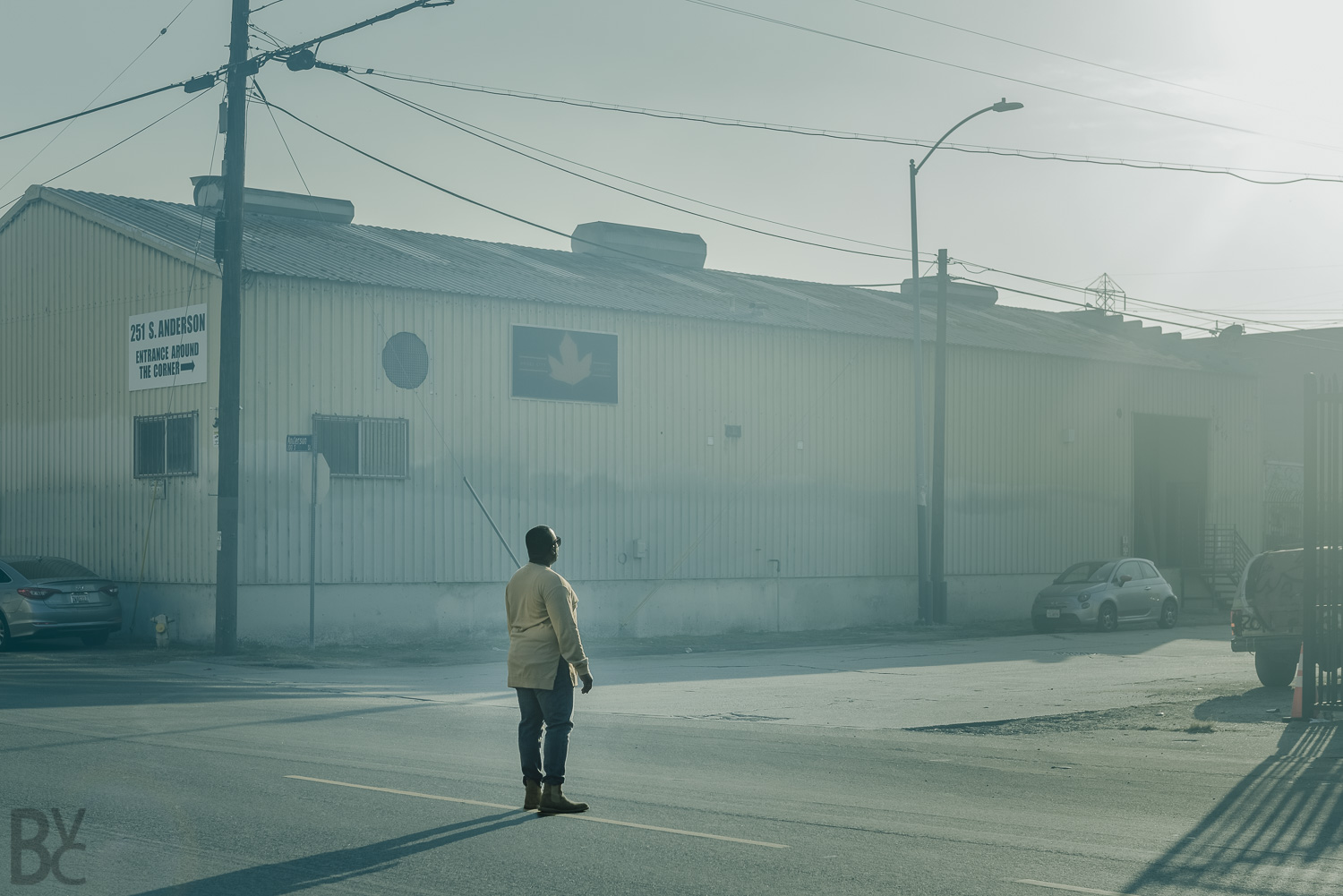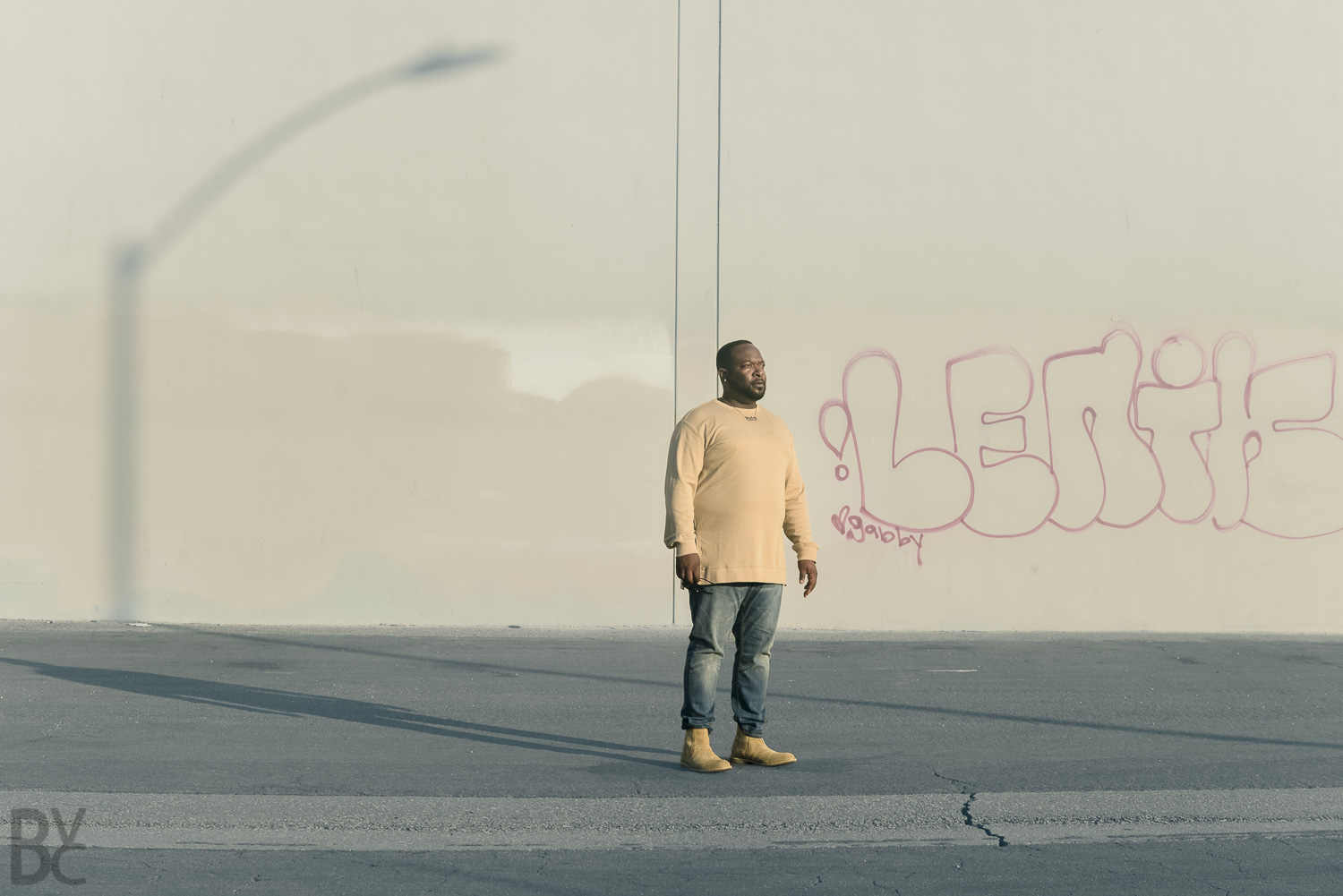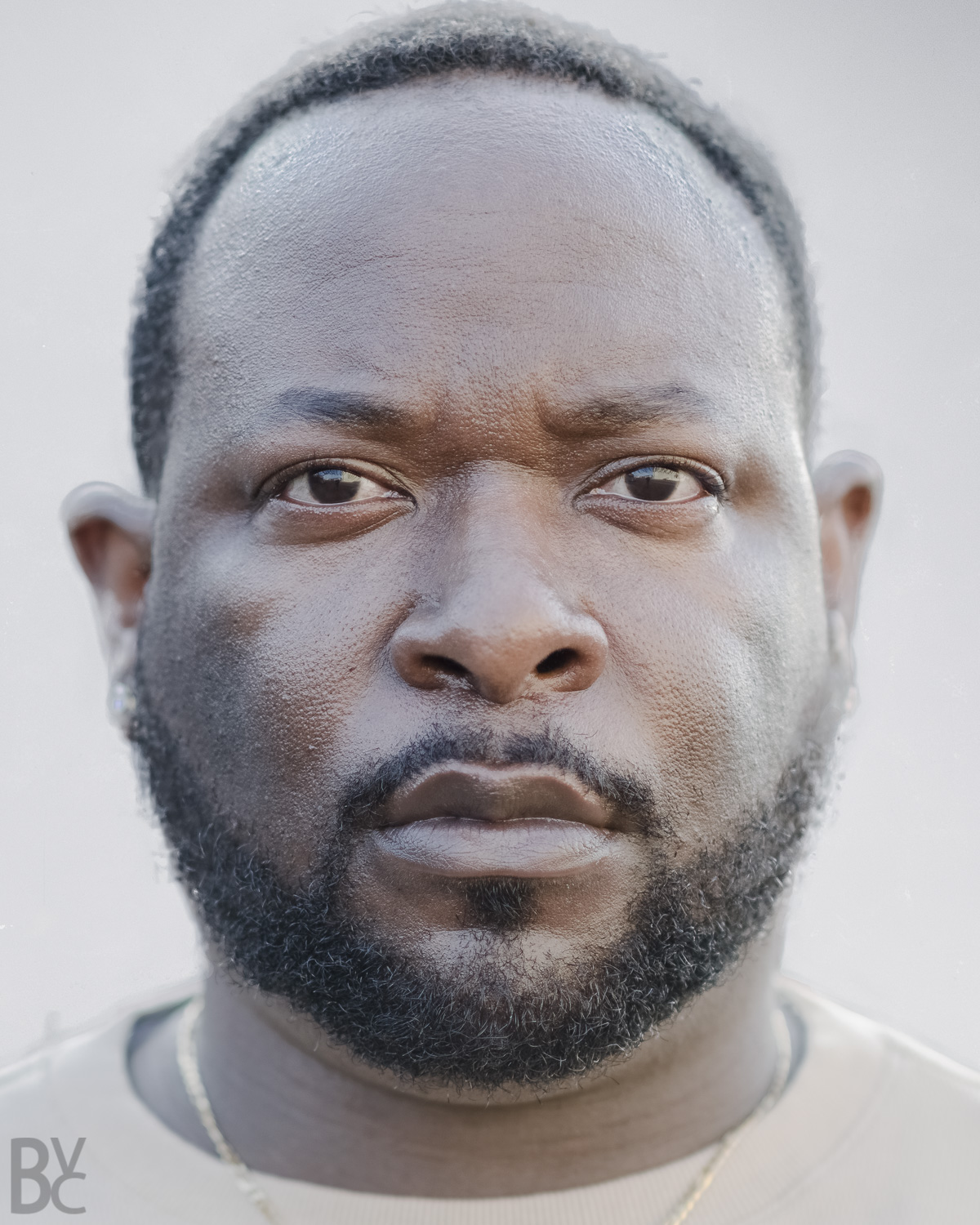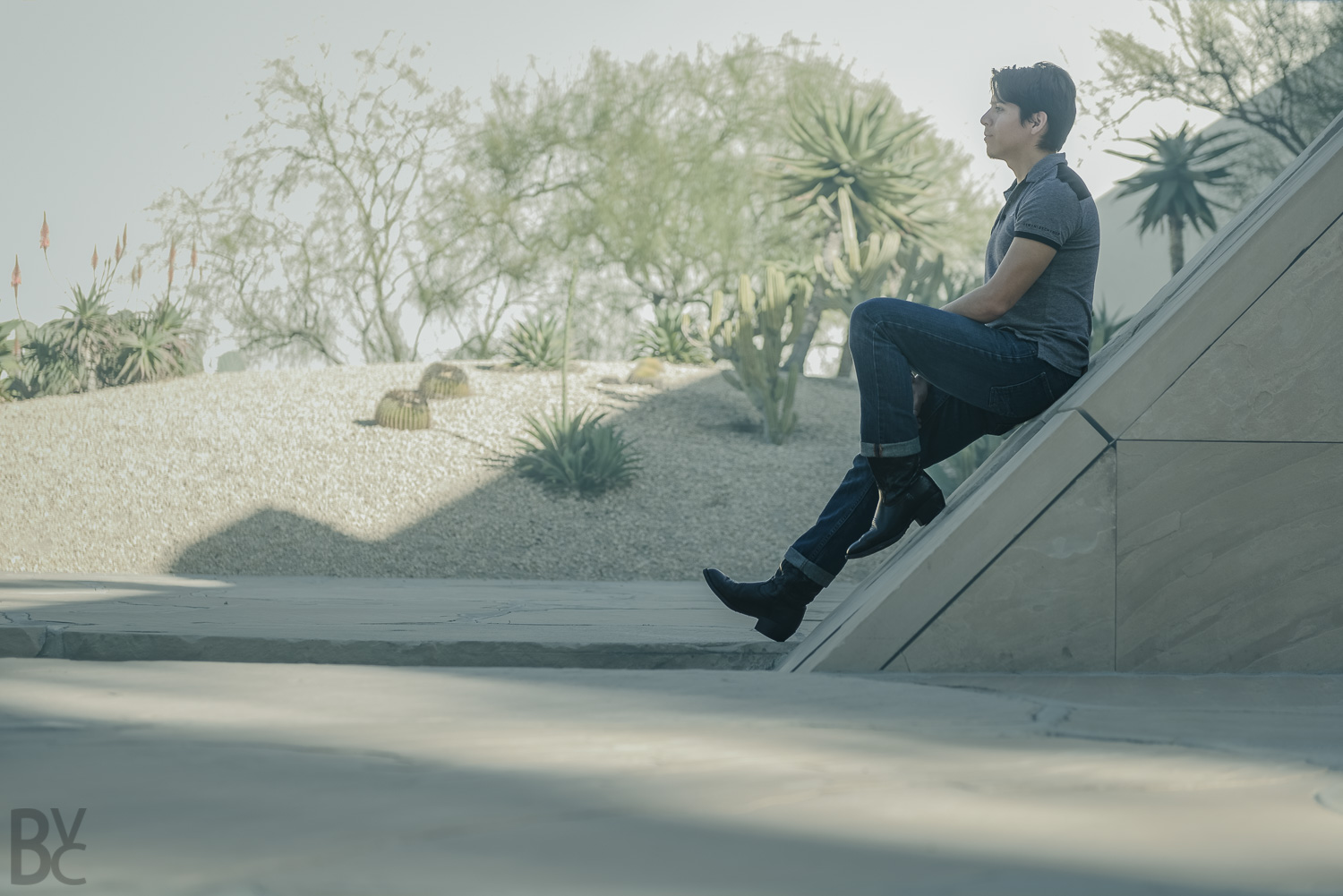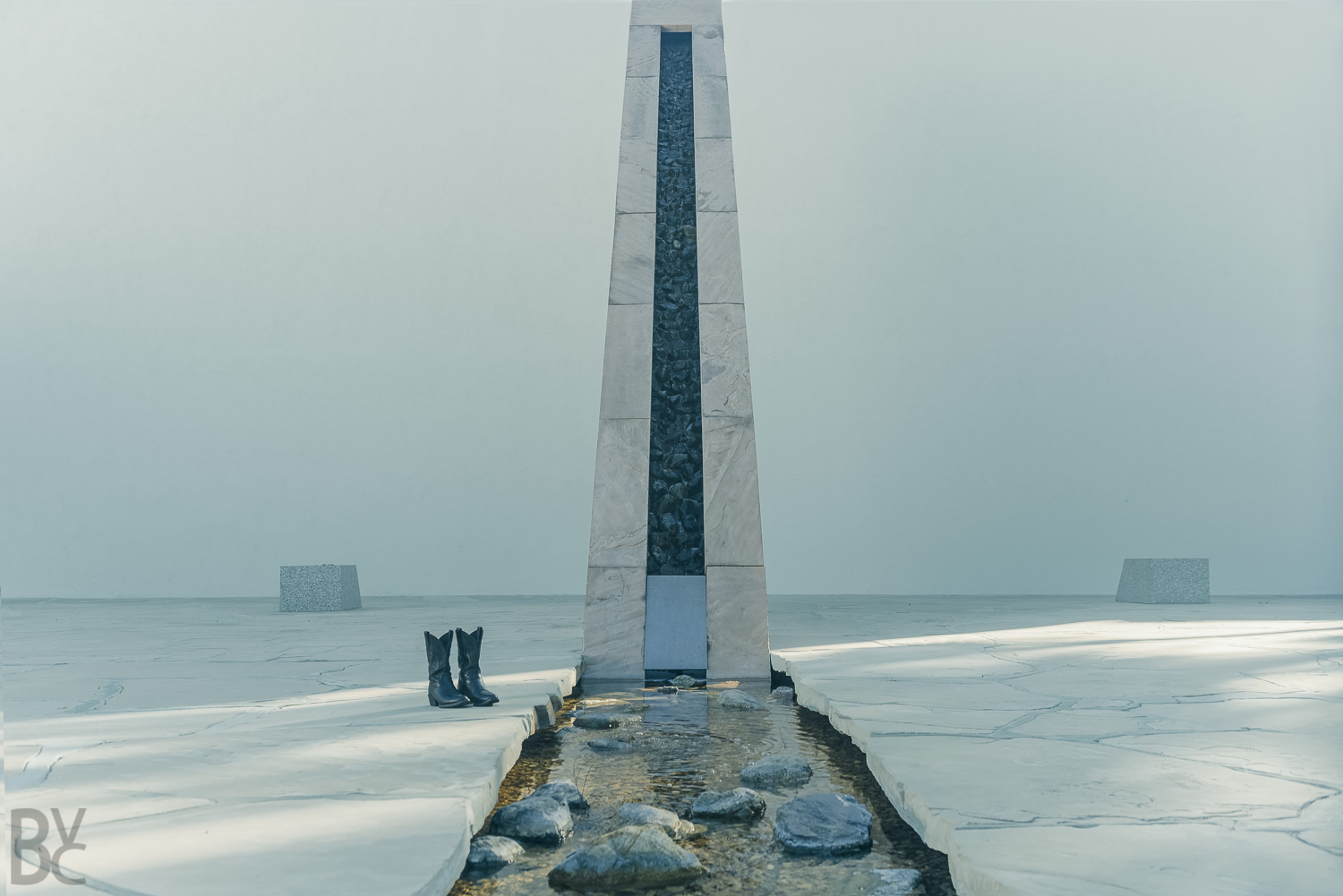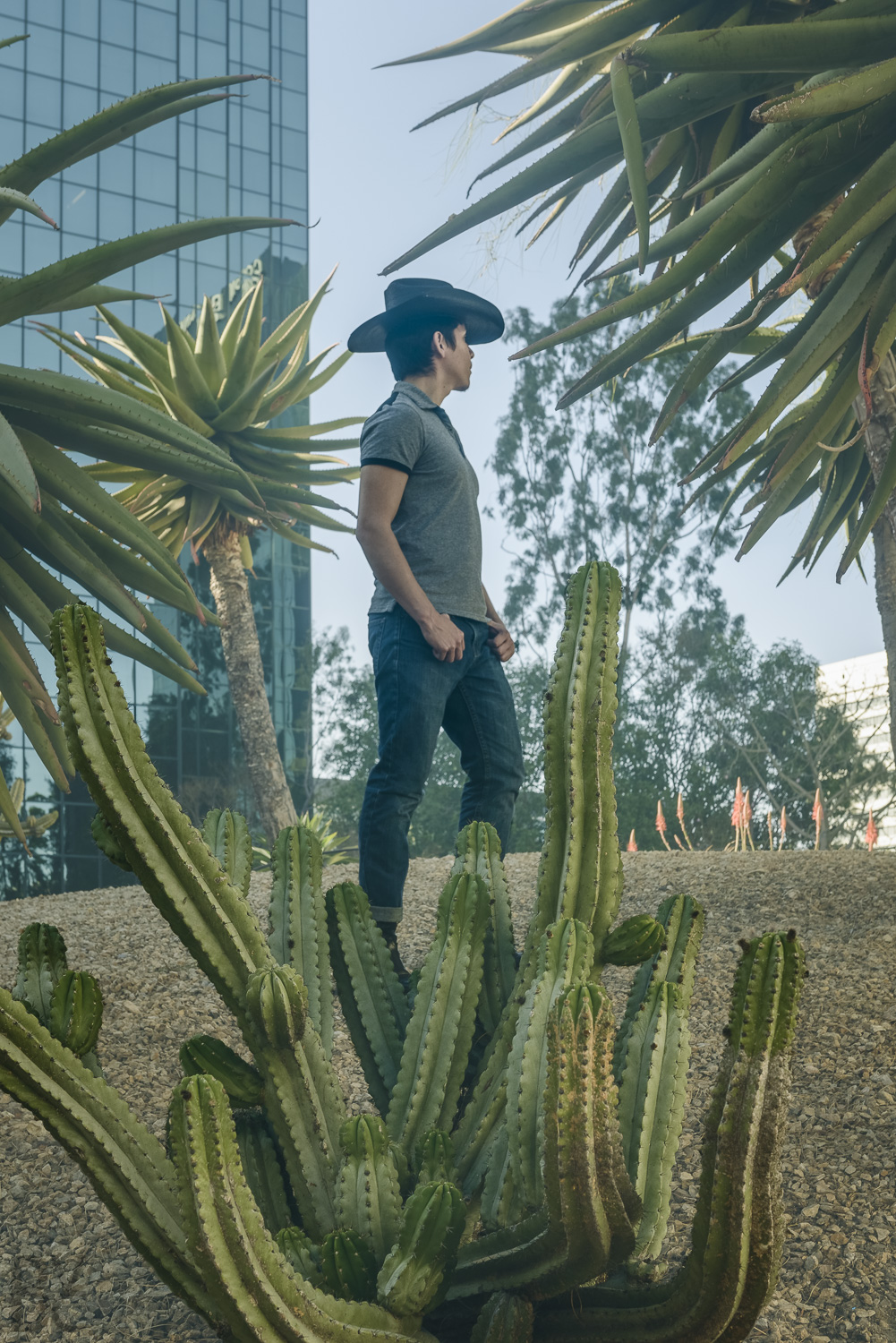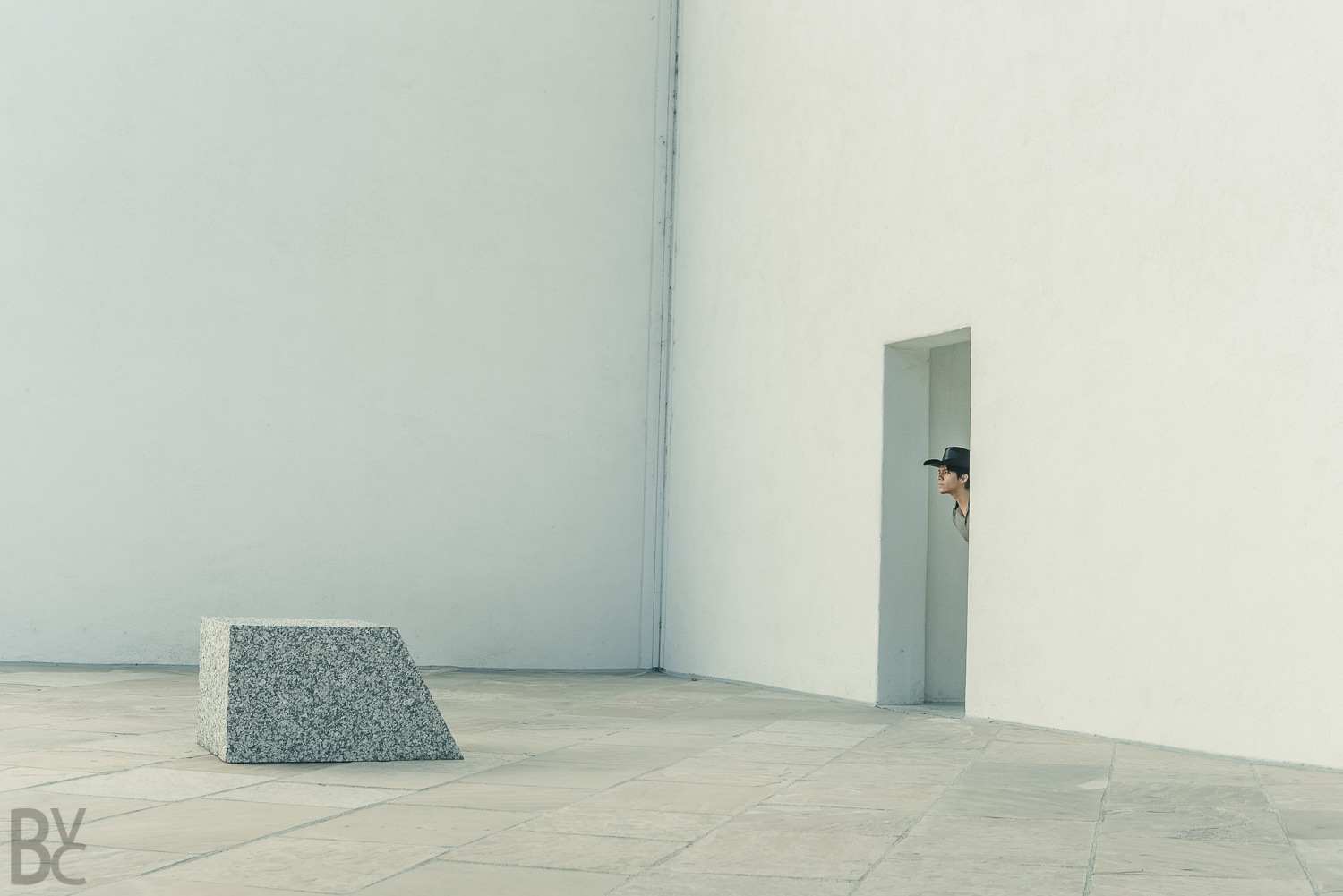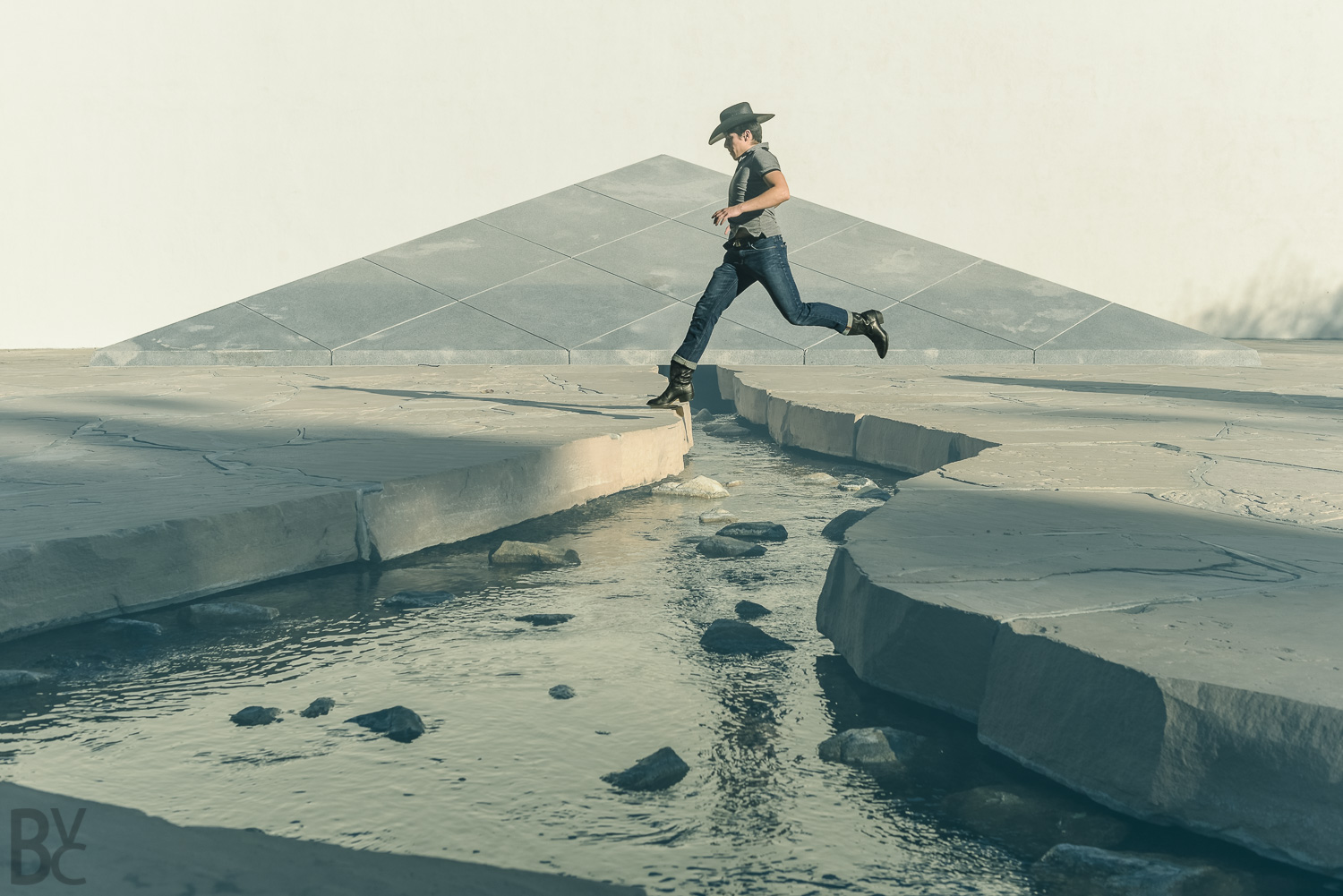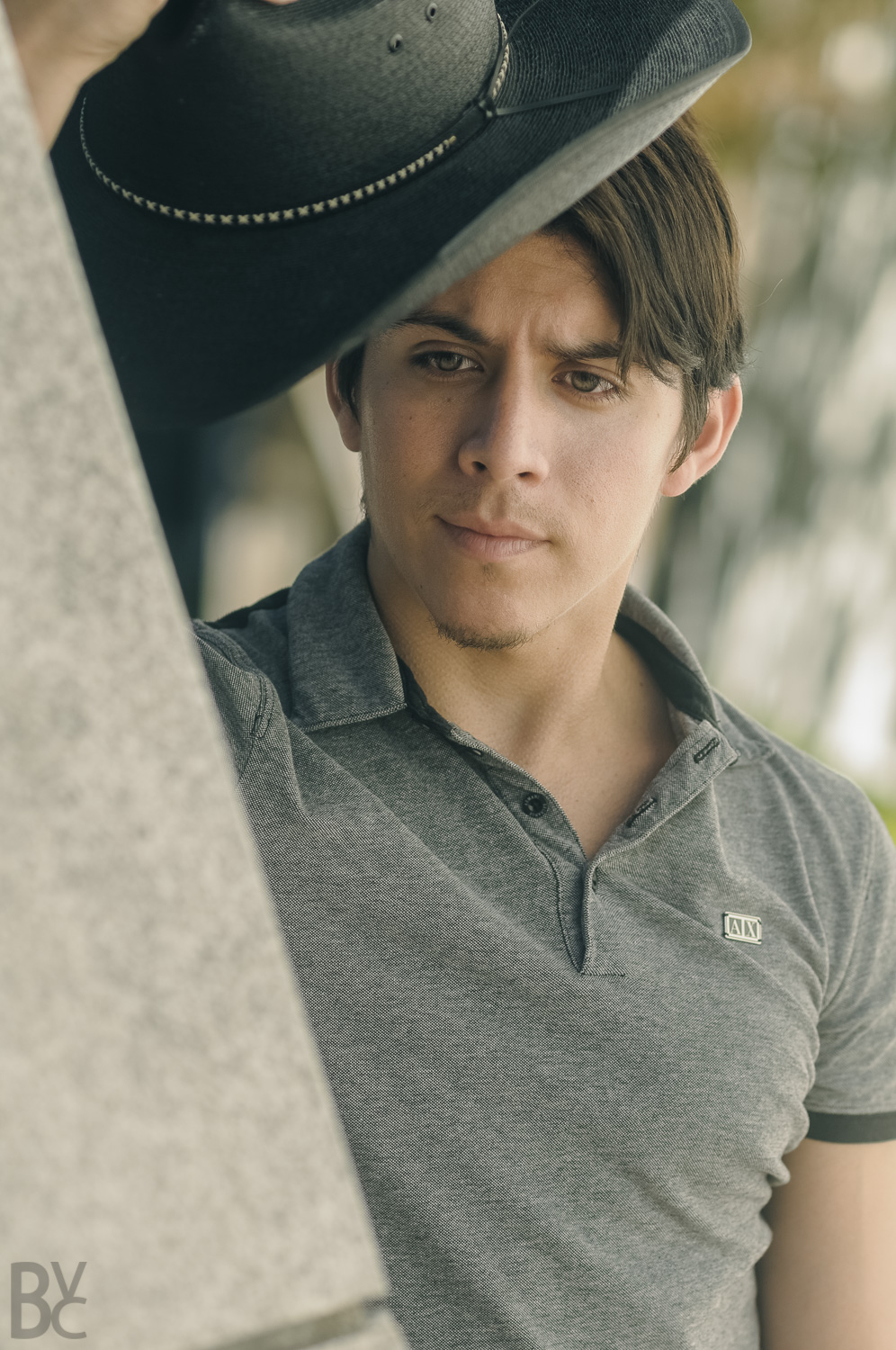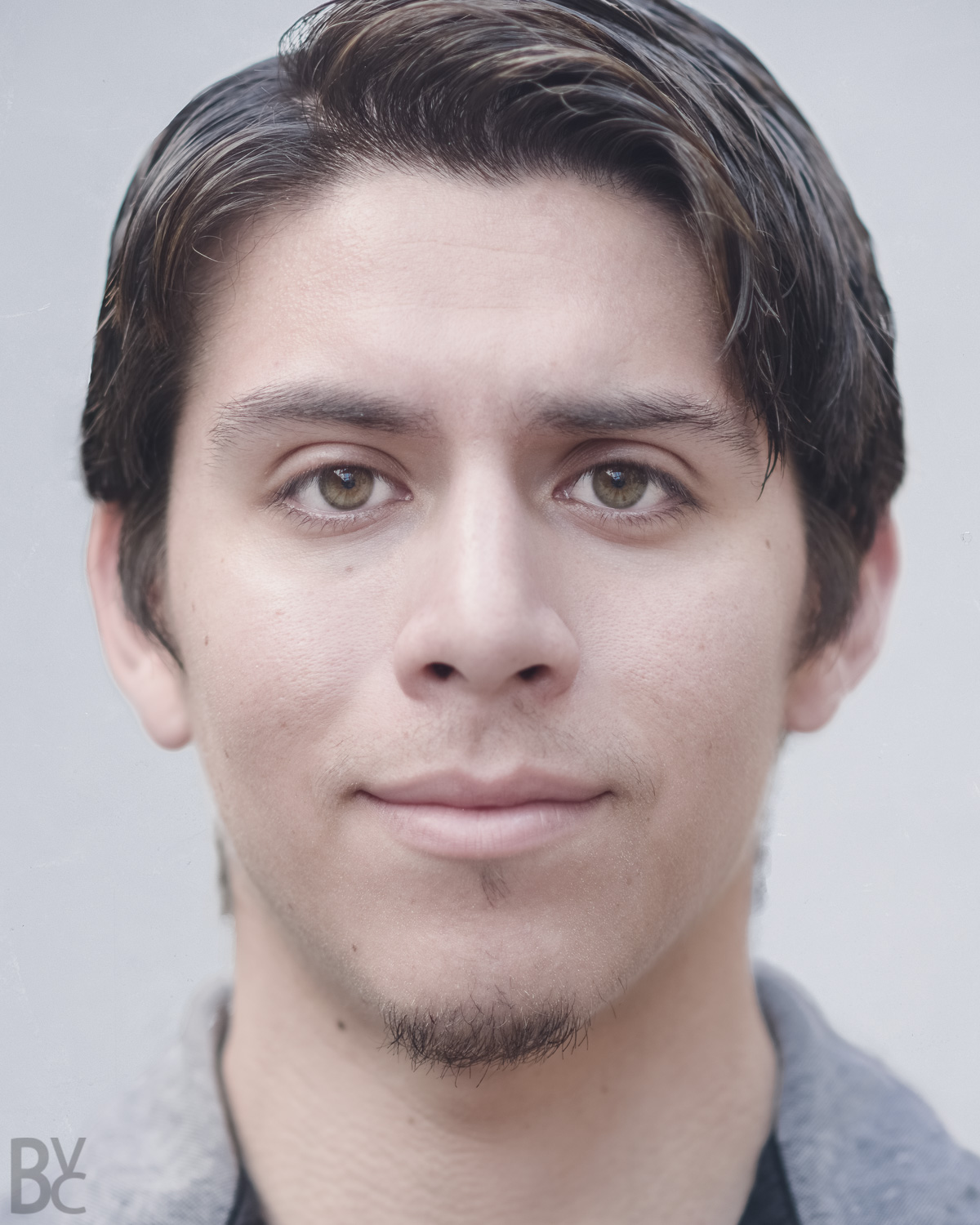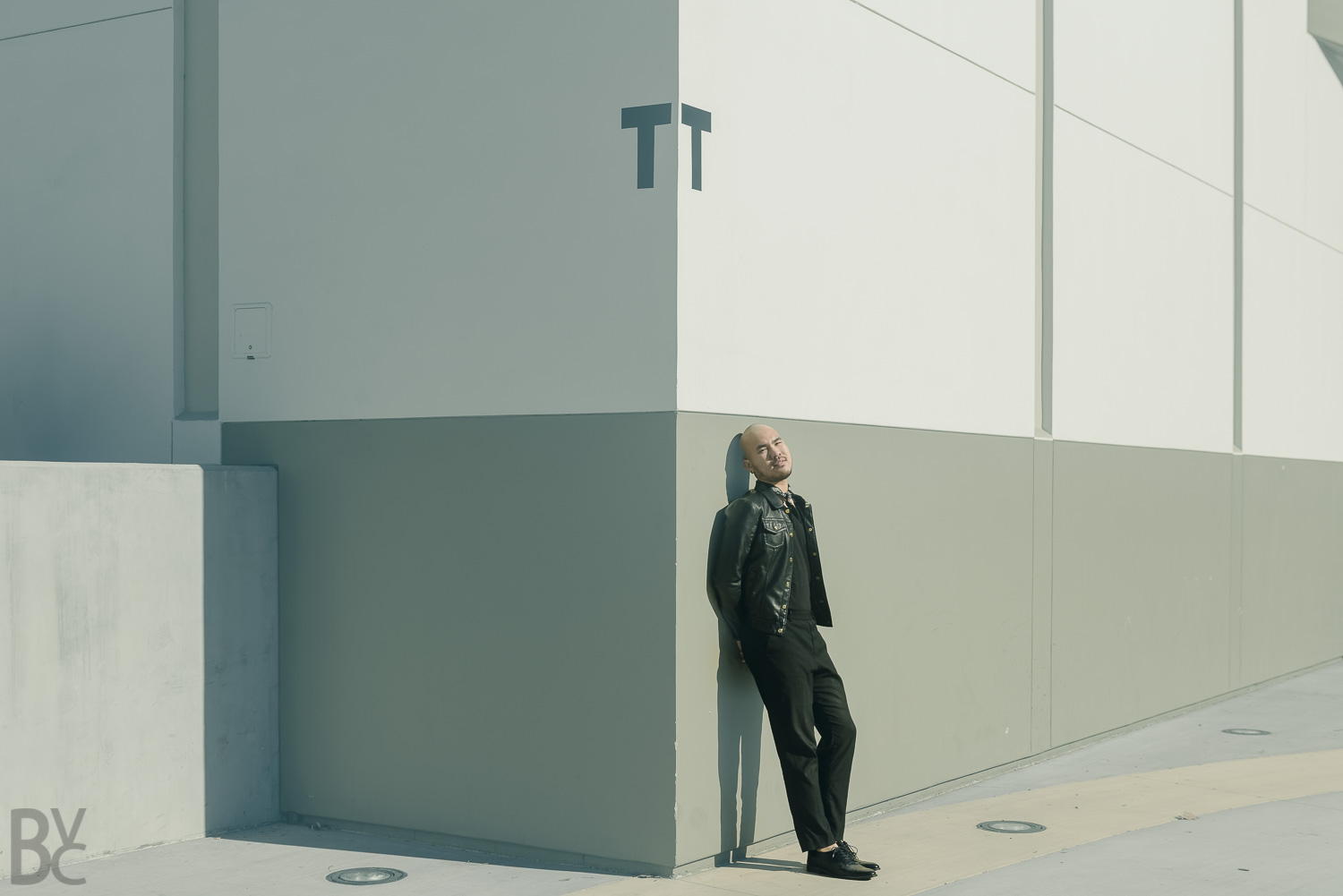
When I was a child growing up, I would lay in bed asking for some higher power to simply let me be “normal”. I had many challenges, expectations, and pressures that came together to make my life experiences different from peers around me. I was seen as just that: different. As a result, I was bullied growing up in Orange County, for my name, my ethnicity, my race, my sexuality, my gender. For a very long time, I felt like I was torn and was told that this broken person did not belong here. I spent a majority of my adolescence surviving with the intention to run away, and when I had a chance to leave for college, I wanted to stay away for as long as I could to avoid the place that reminded me of being hurt. I did not have hope that Orange County, my home, would be a safe space that would or could nurture me and allow me grow.
When I was forced to come back to Orange County and to face my fears, I was prepared to find and to carve a space for myself while hoping to meet other people who had similar experiences like me. I returned from college equipped with lessons and experiences of self-agency, self-worth, and self-care. The more I searched, the more I found that I was not alone in my experiences: I discovered my community and my family in Viet Rainbow of Orange County. Through VROC, I was able to relearn that my backyard can be and has been a safe haven for queer people of color and that we as queer members of the Vietnamese diaspora all deserved to be fairly and equality treated, to be thriving, to be visible, and to be counted. I was given a chance to be me, a second generation Vietnamese American person who identifies as queer and gender-fluid, and more.
I work as a clinical social worker now, supporting people who survived through traumas and have challenges with their lived realities. I was asked at work “What would you like to be famous for?” during a meeting, and I shared that I wanted to be known for being “apologetically, authentically me”. In wanting to not be seen as different, I tried to mold myself to fit to the expectations given to me and expected of me. I did not want to inconvenience others and to make the people around me feel comfortable. In giving myself permission to accept the decisions, actions, and behaviors that made me quirky, queer, me, I became comfortable with and true to myself. Different is good, special, and real; for me to celebrate my uniqueness is to accept that I am capable of being all that is me.
I learned that pain and loneliness does not always need to stay a negative feeling, but can lead to experiences that are honest and freeing. In standing up, I am vulnerable, but I can also be seen and be pinpointed as a person who is contributing to a movement that is larger than my life and beyond myself. I work towards creating change because my personal is political, professional, powerful, and precious. VROC’s slogan is “We, as a community are not complete without each other”, and this is a message that I am faithful to. Today, I am happy to be visible and to be counted as me: proudly queer and anything but “normal”.
Peterson Pham
They/He/She
Garden Grove, Orange County, CA
